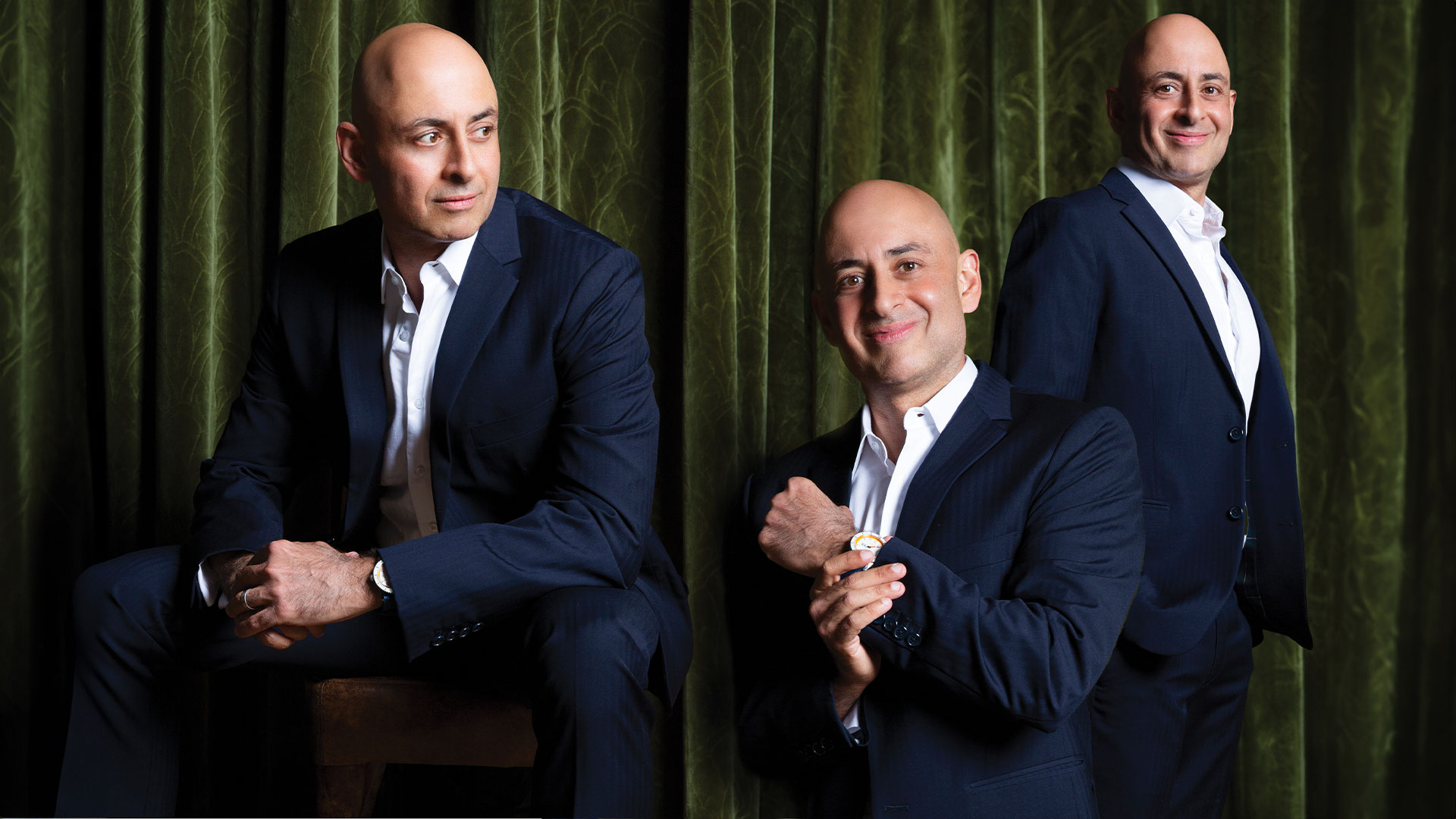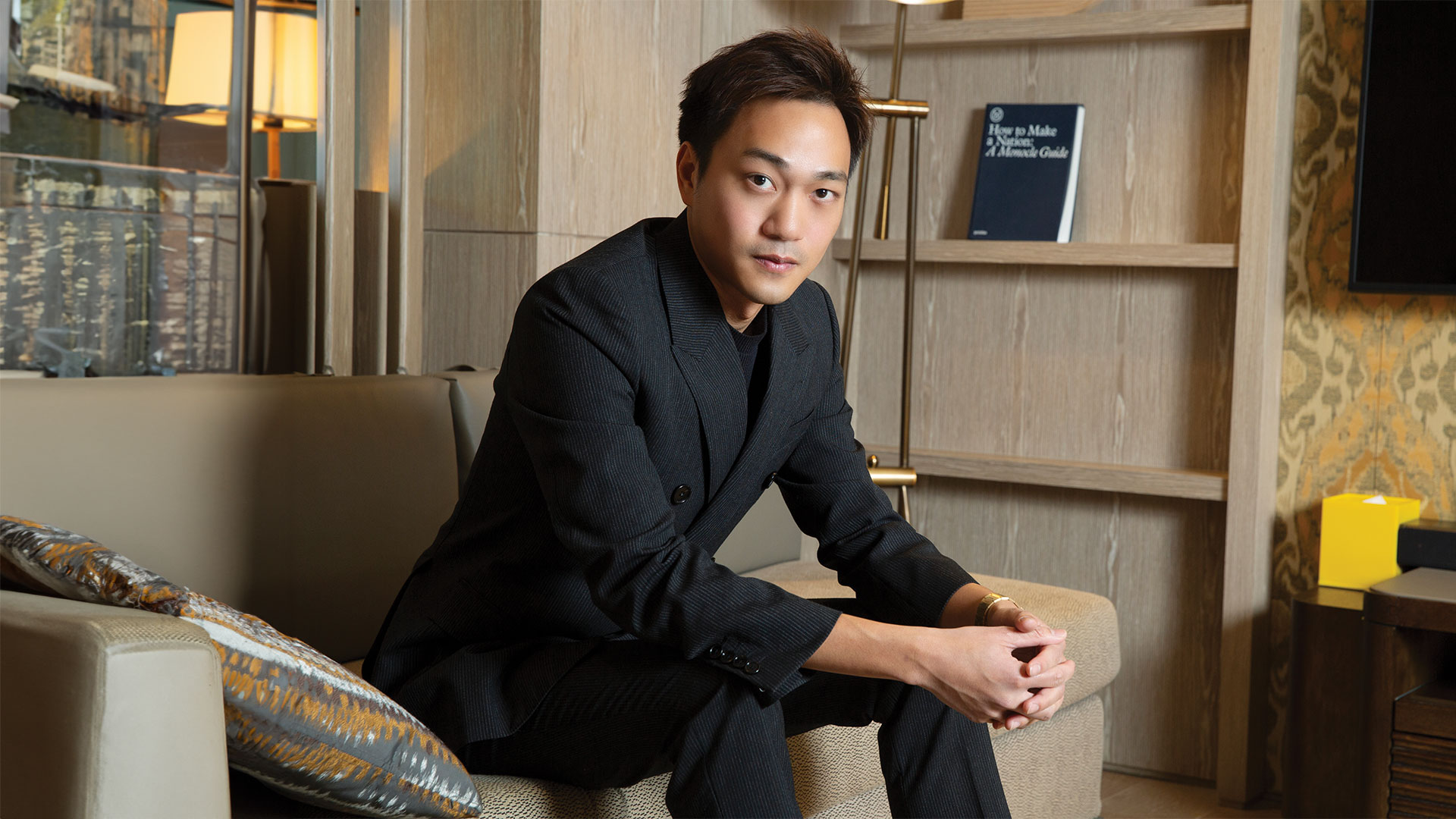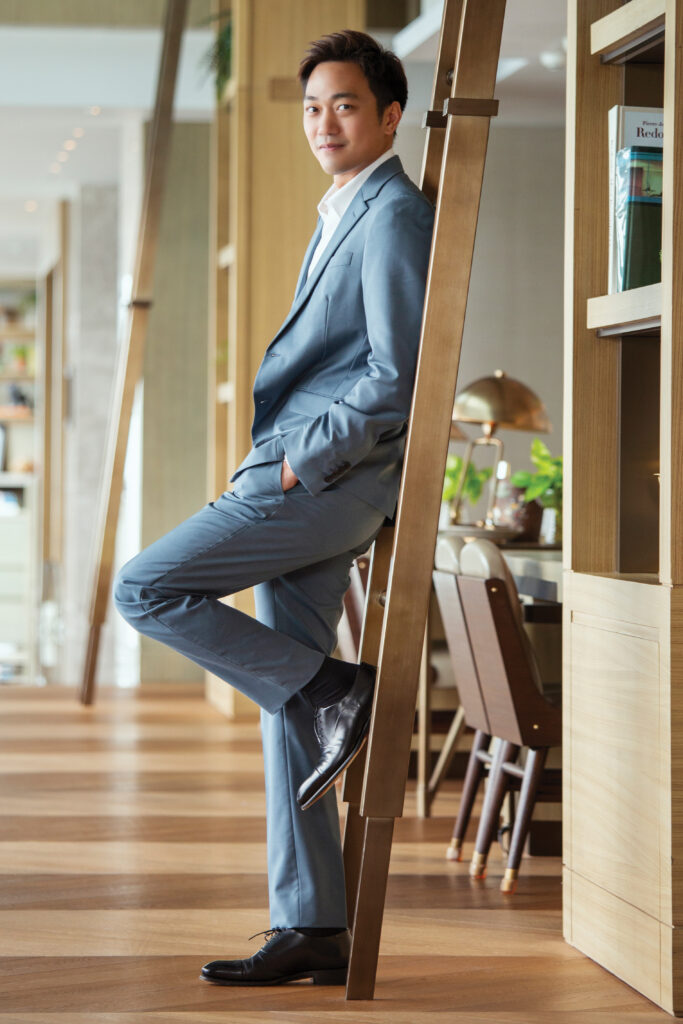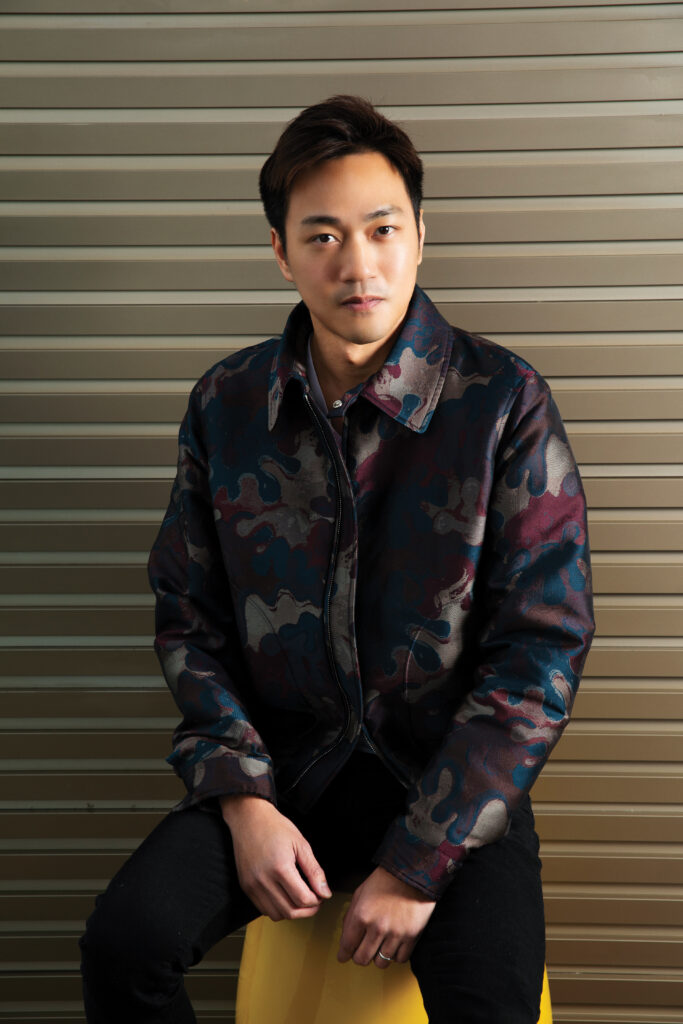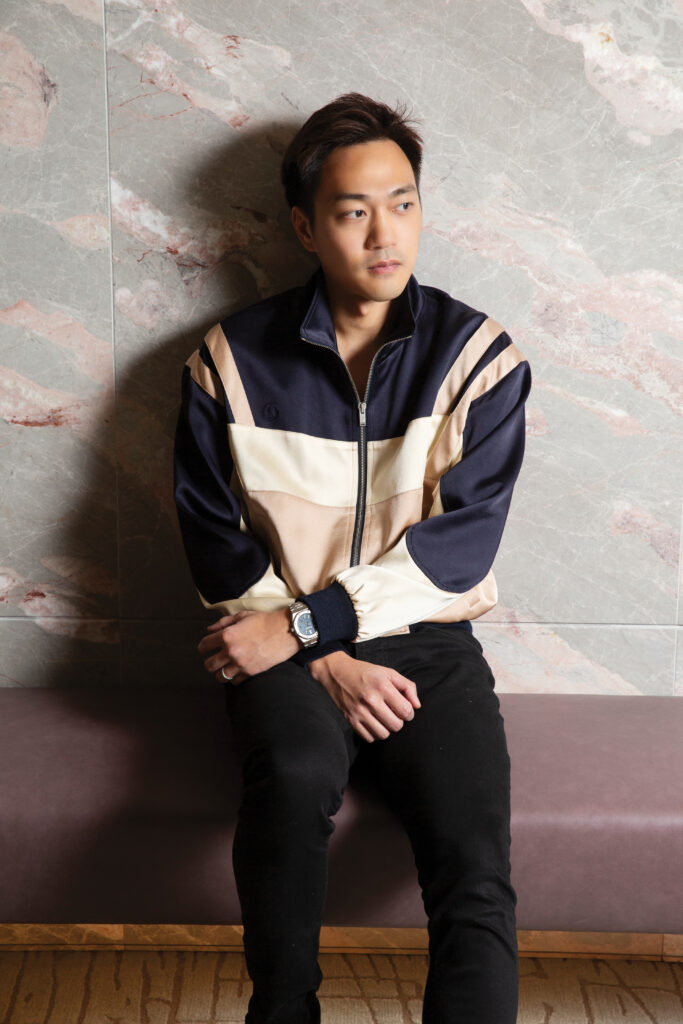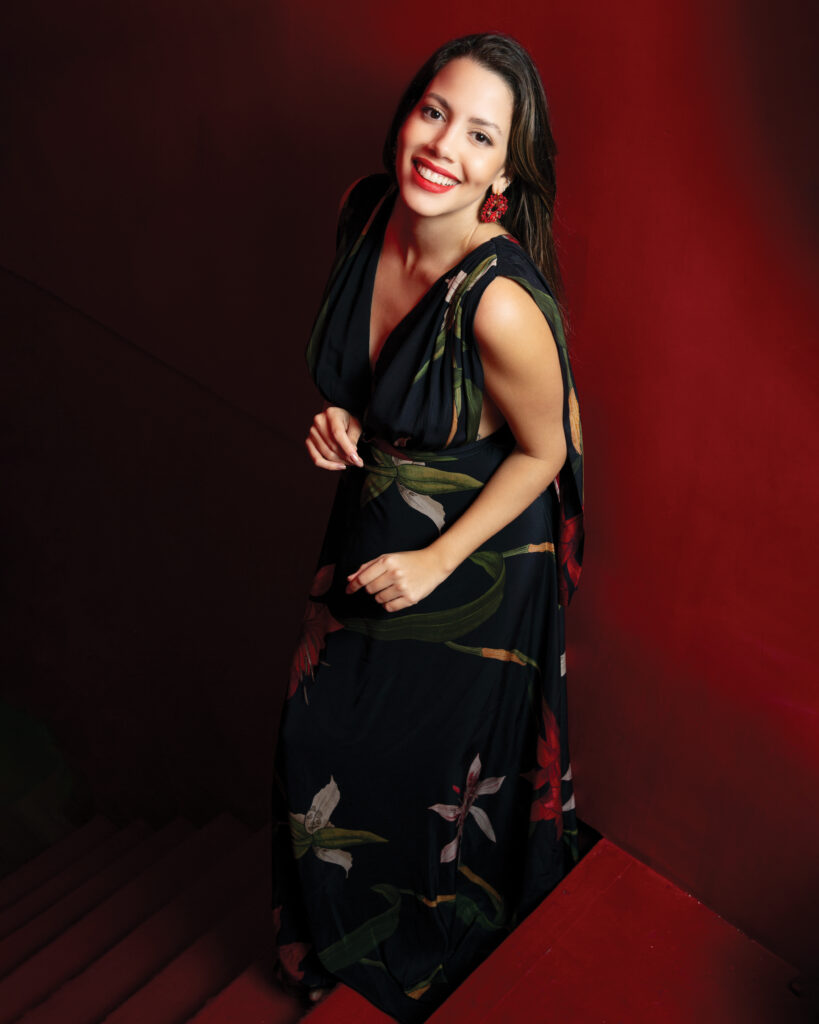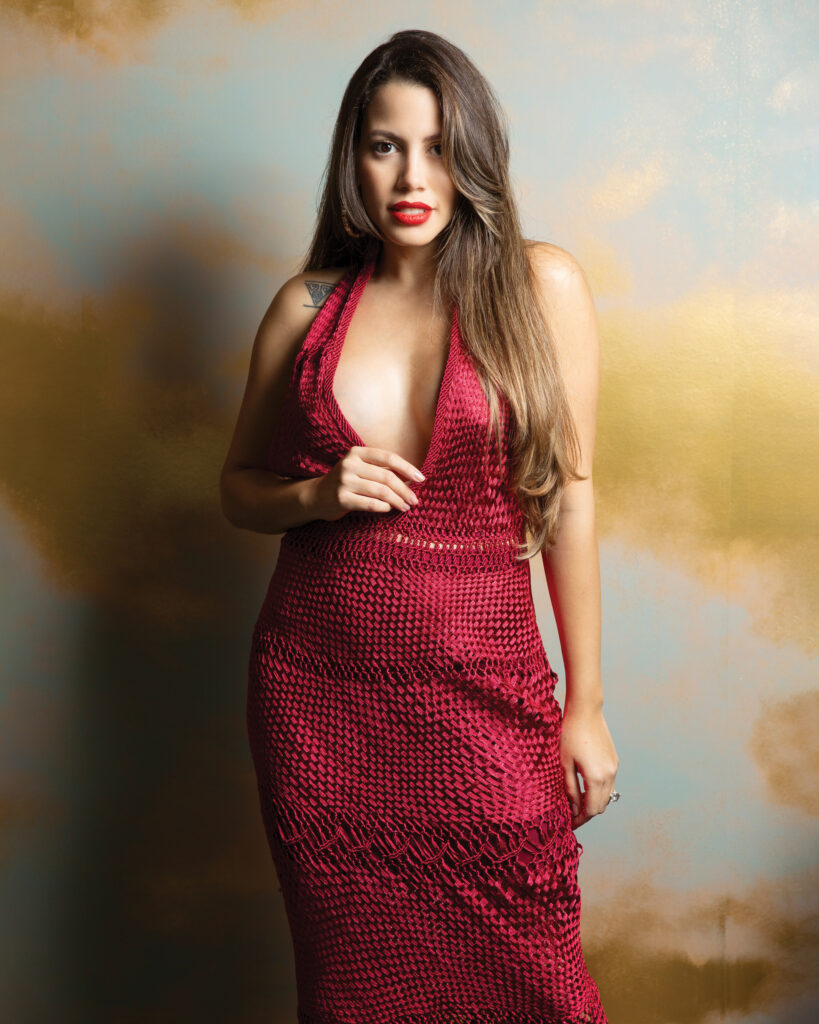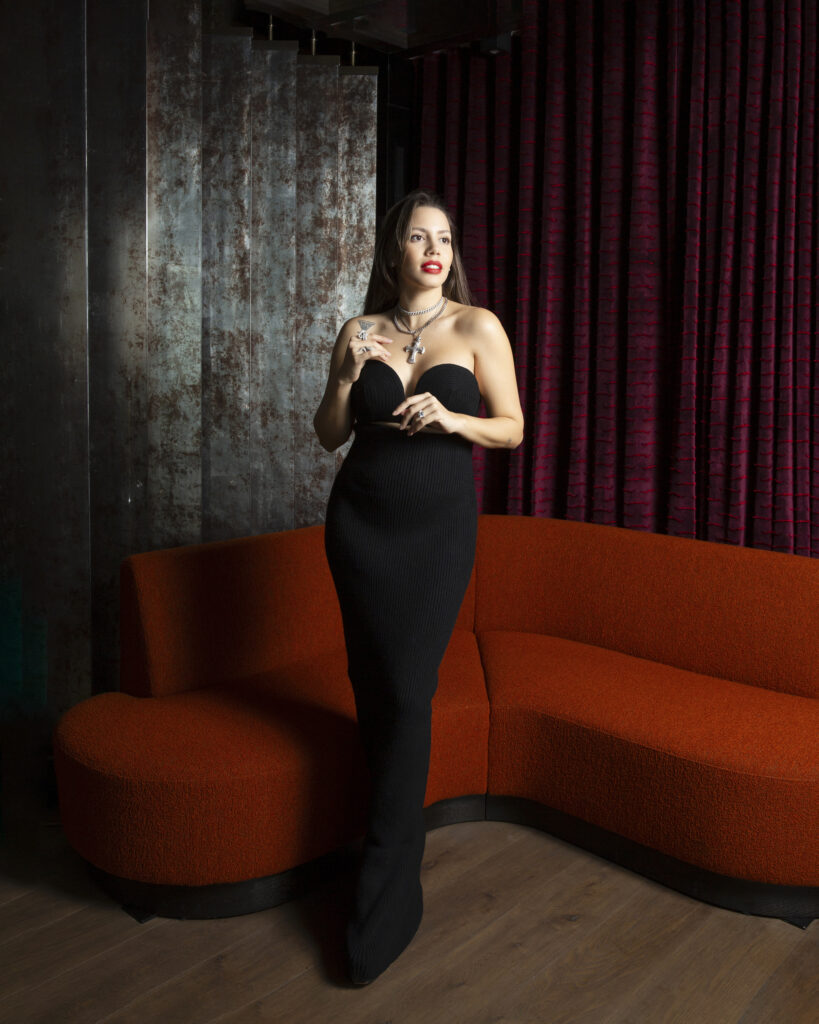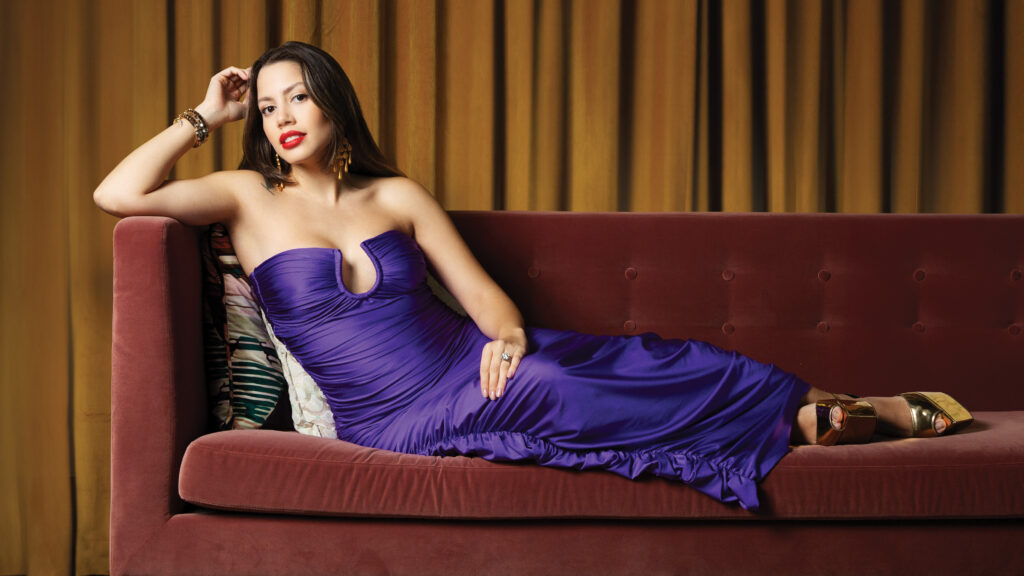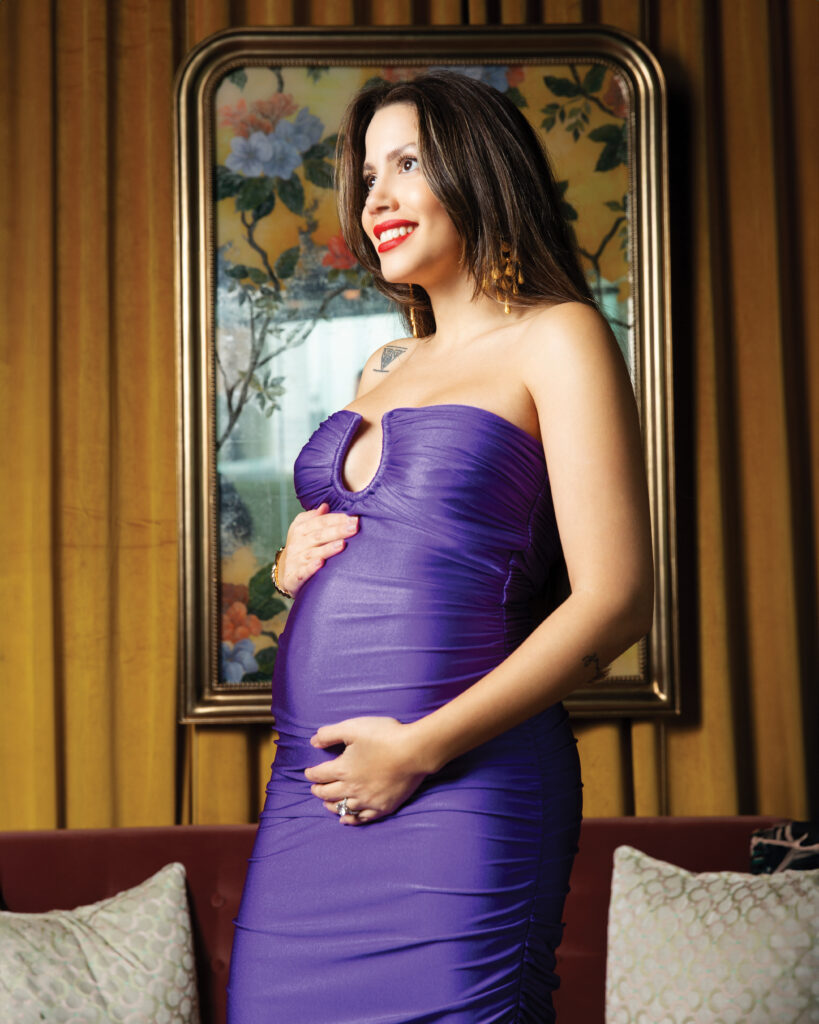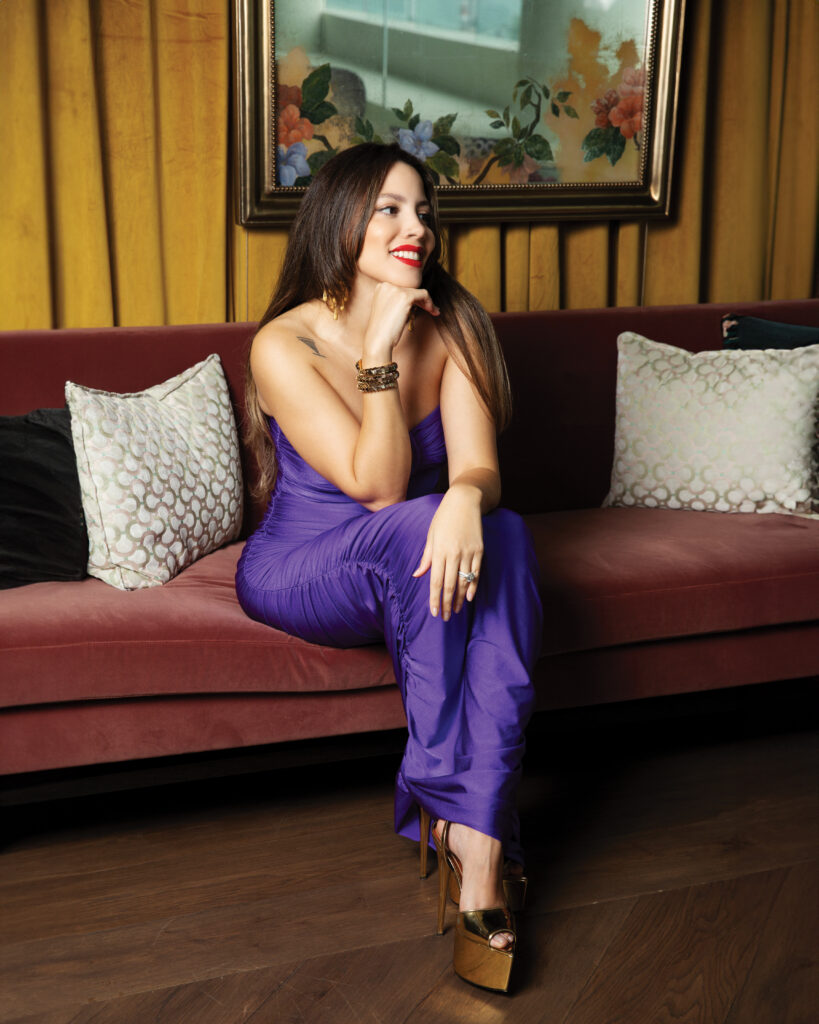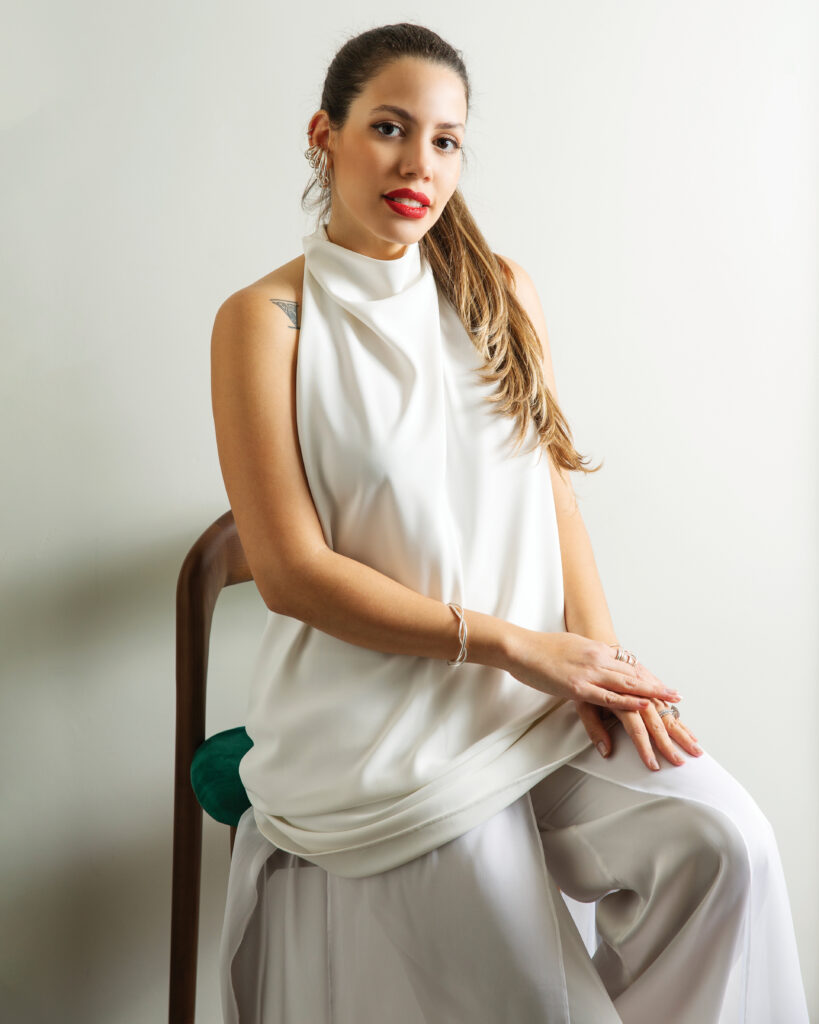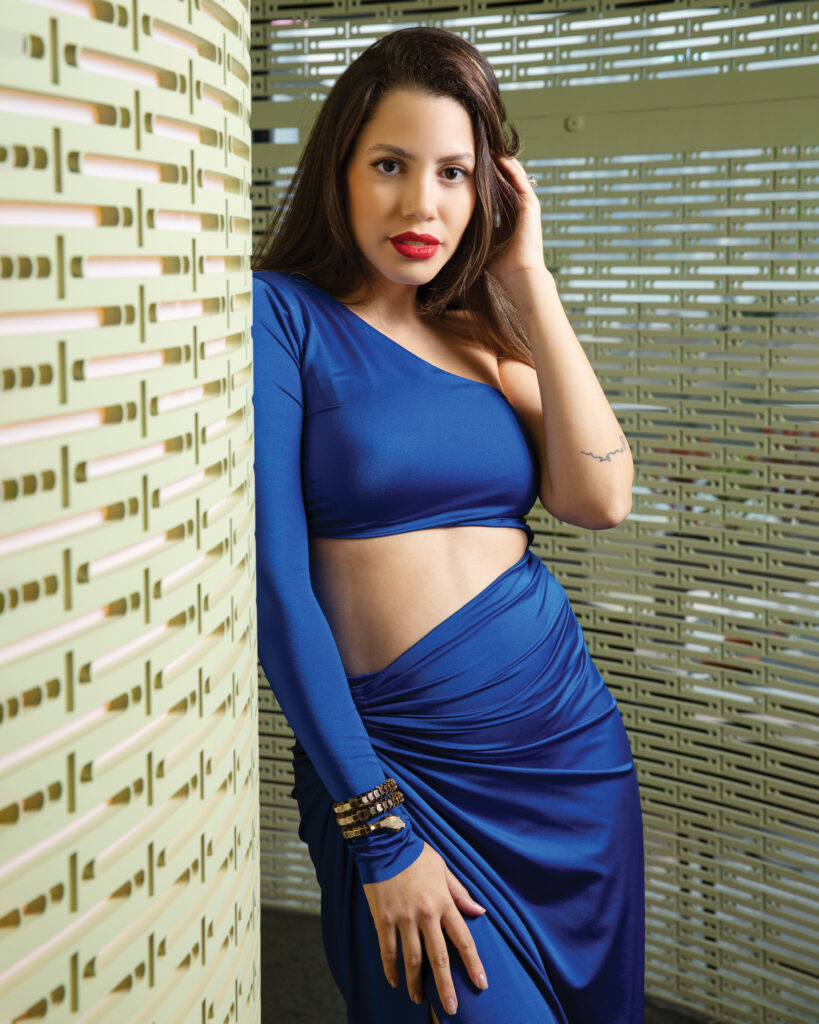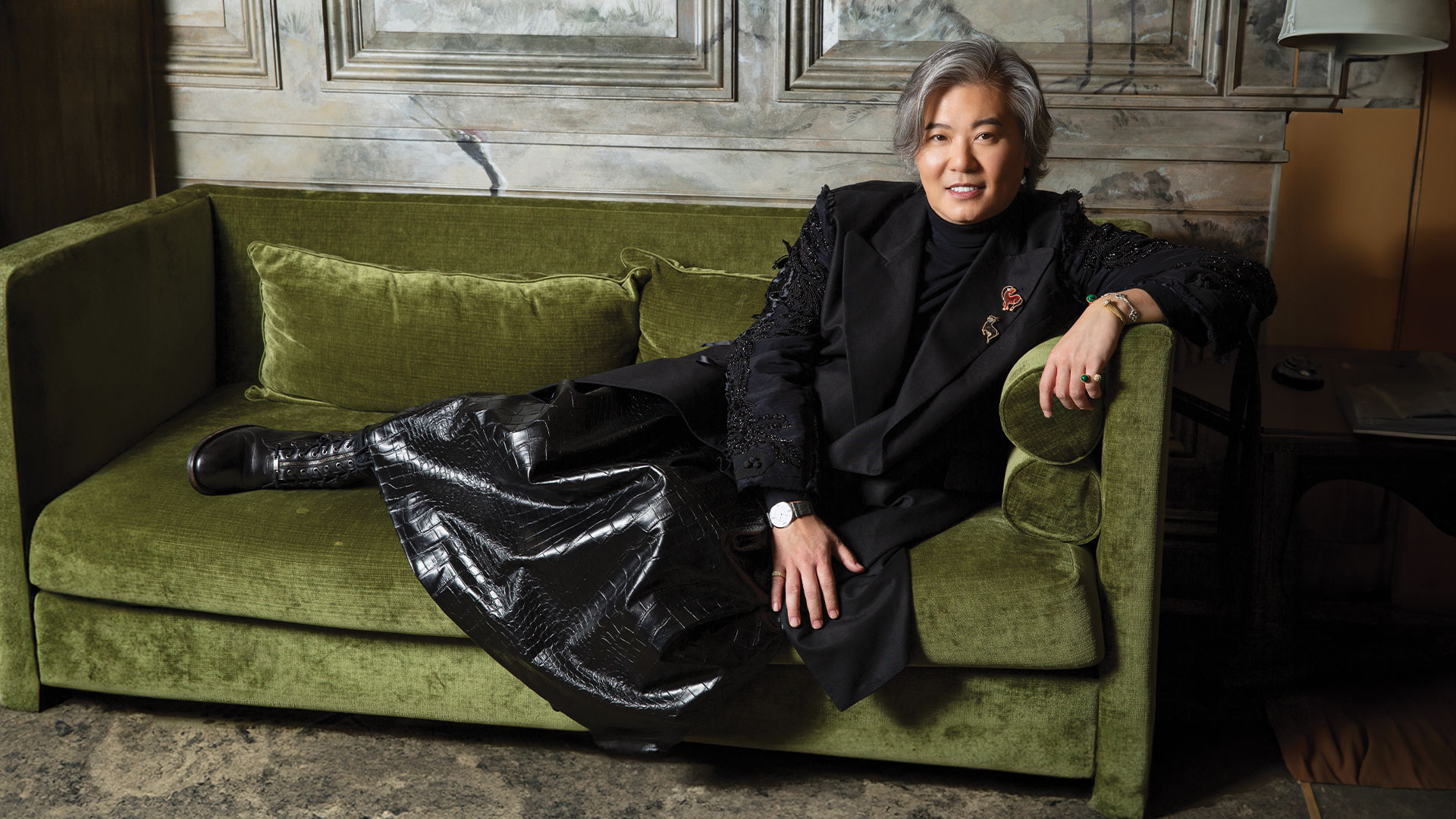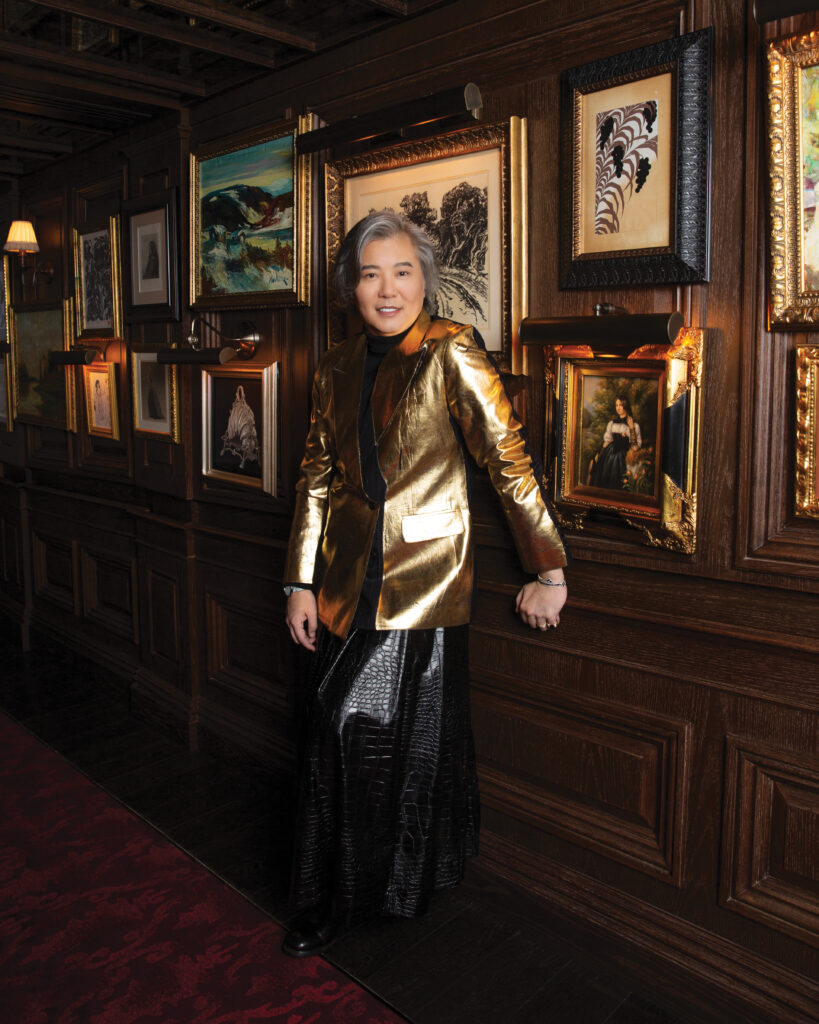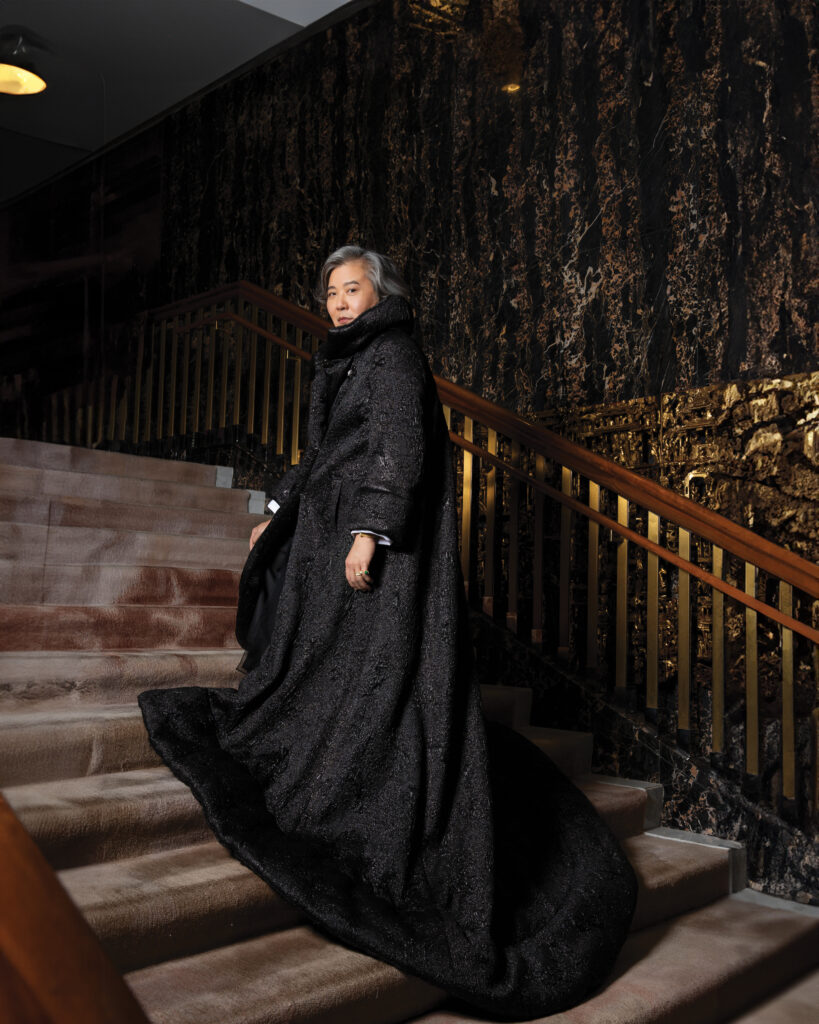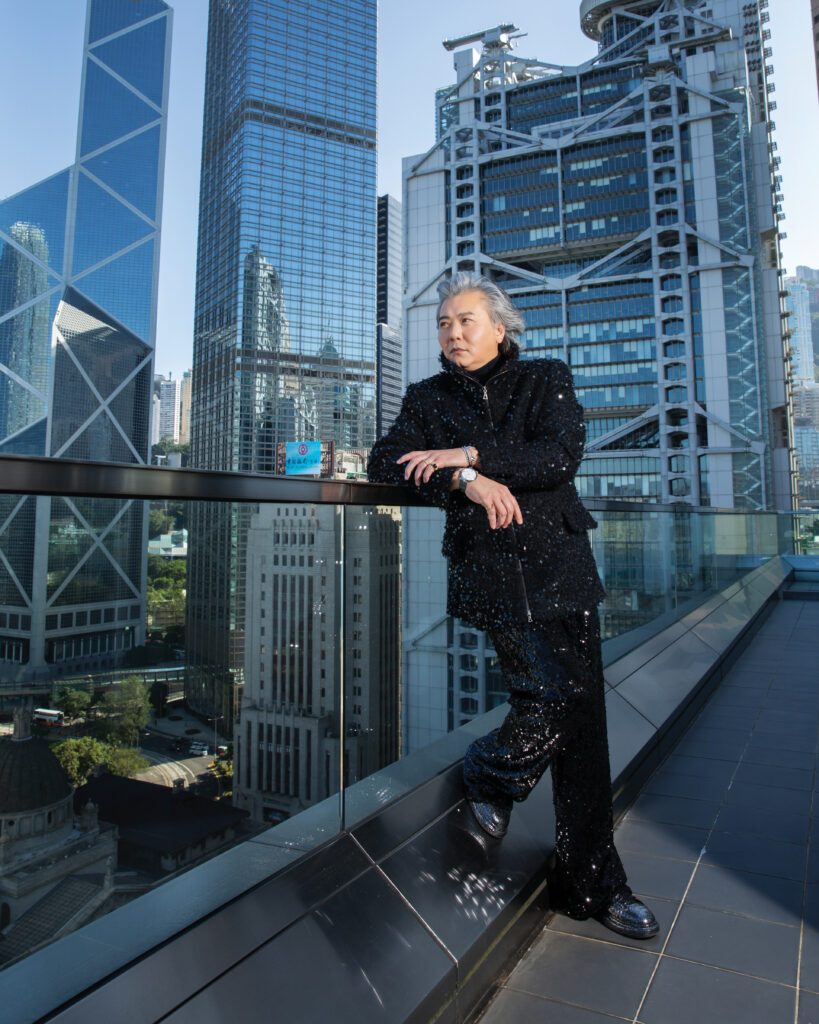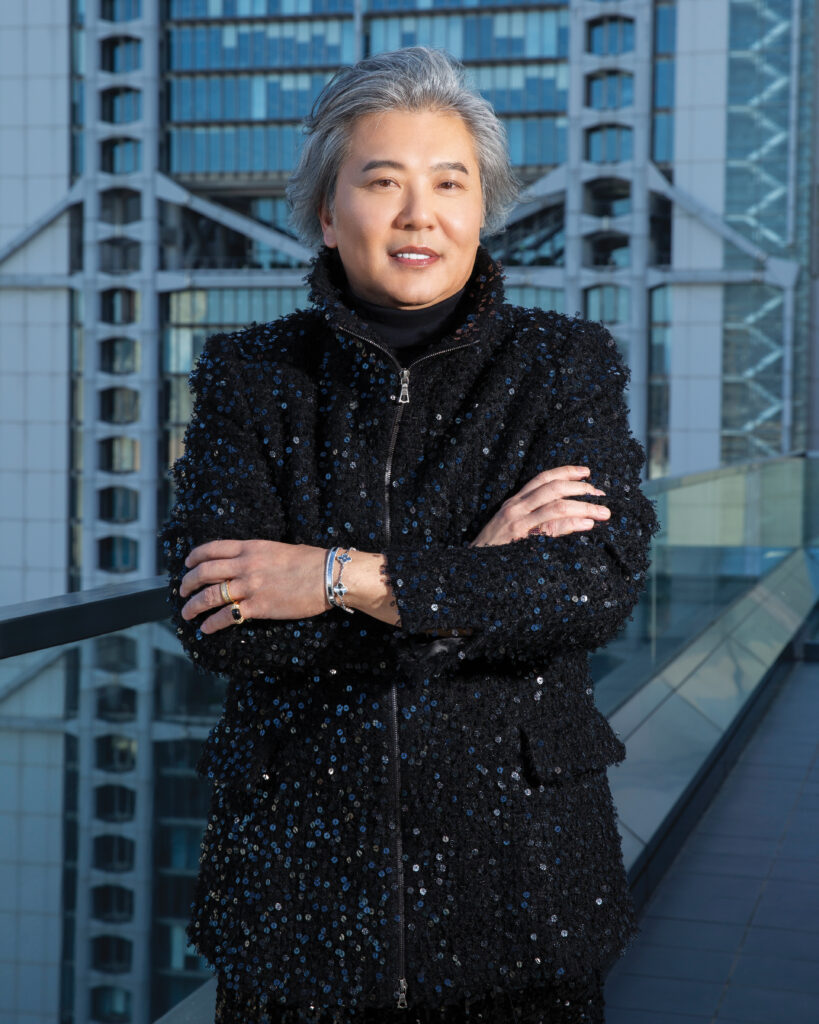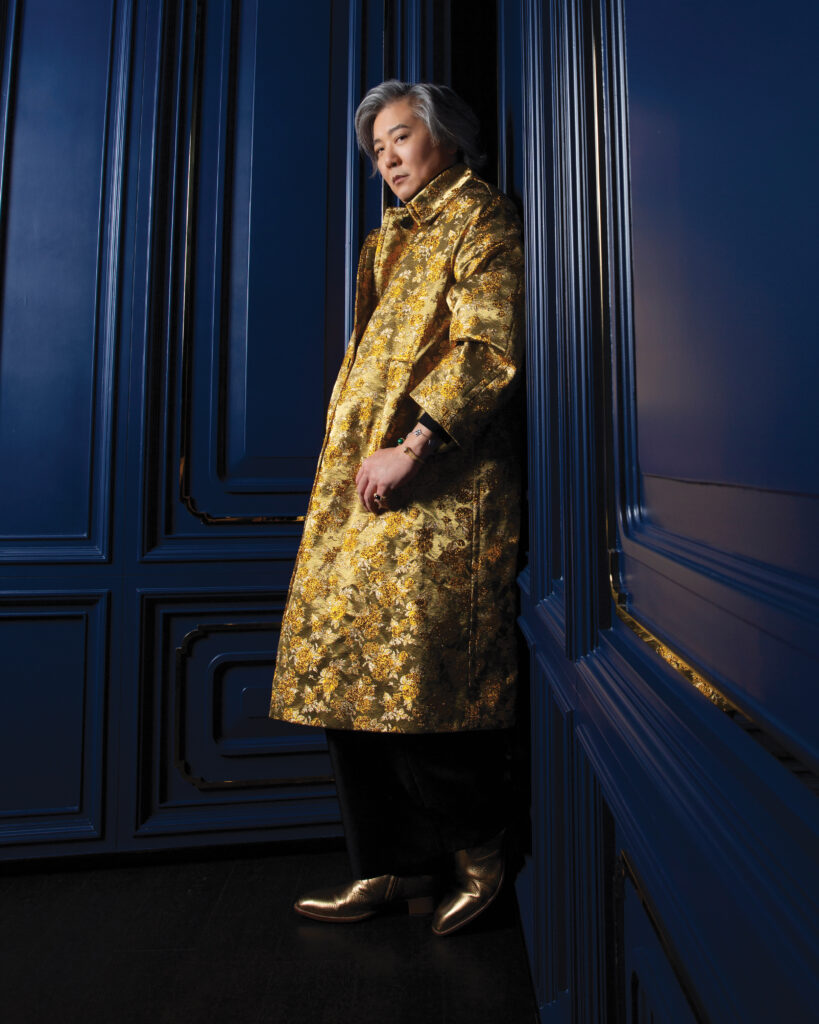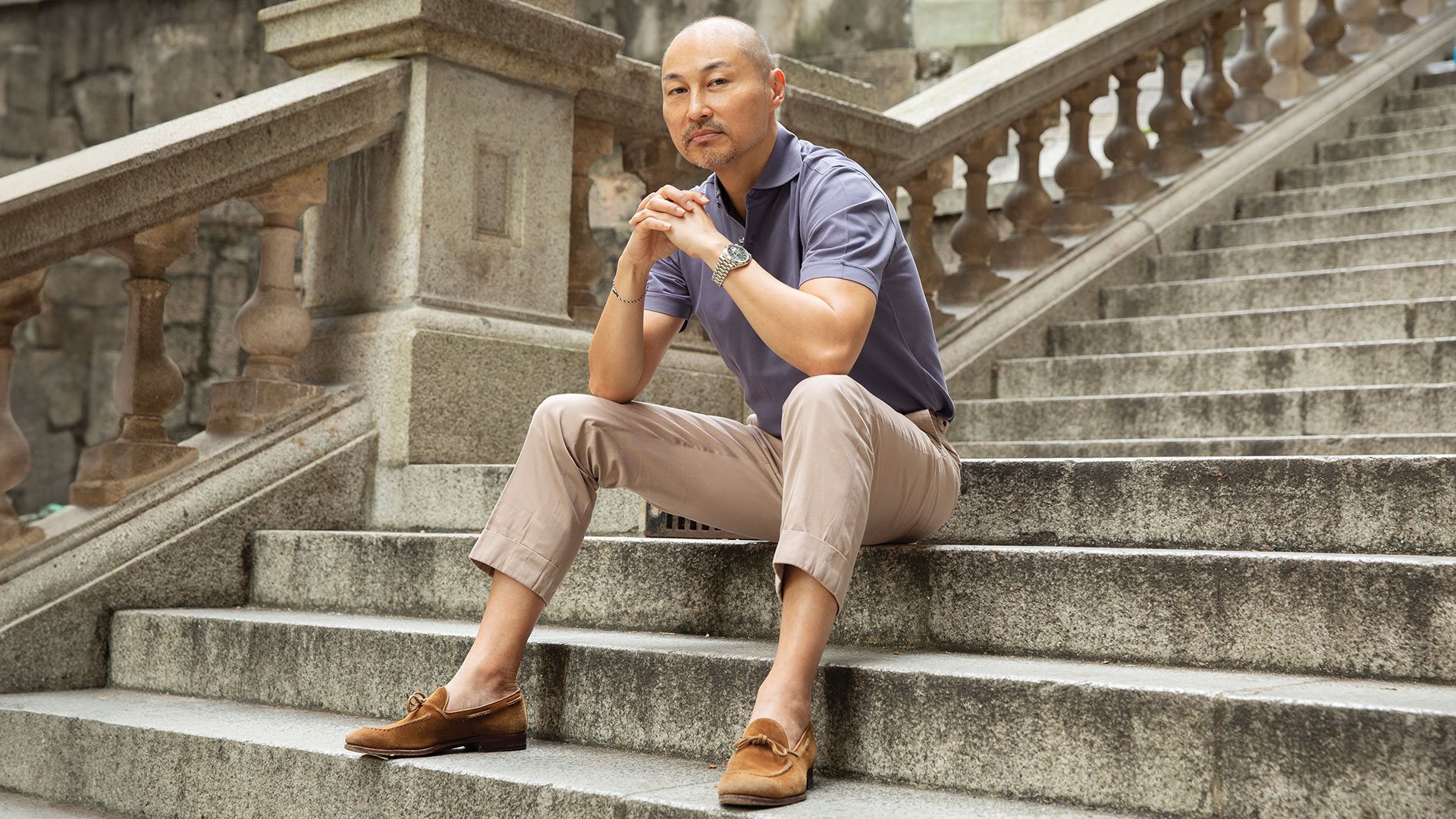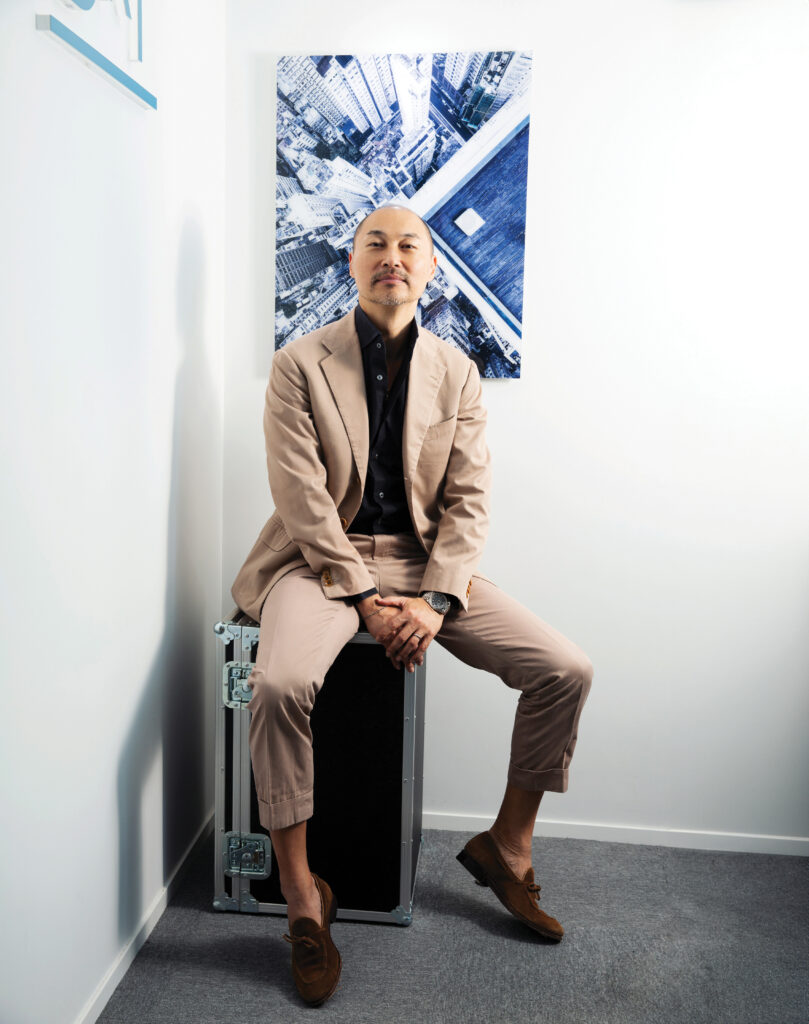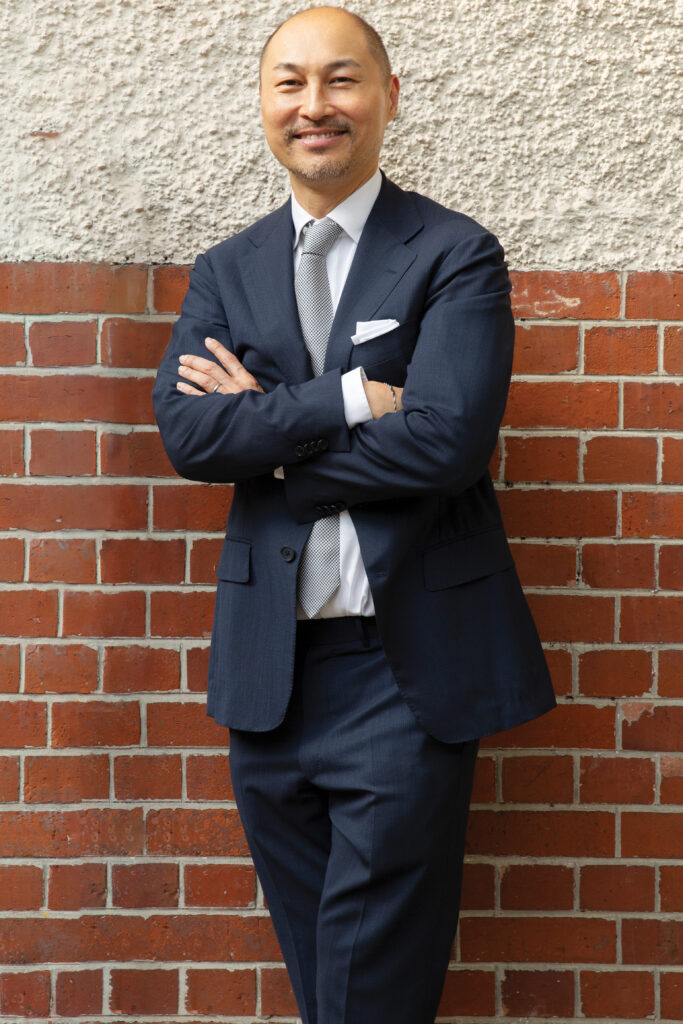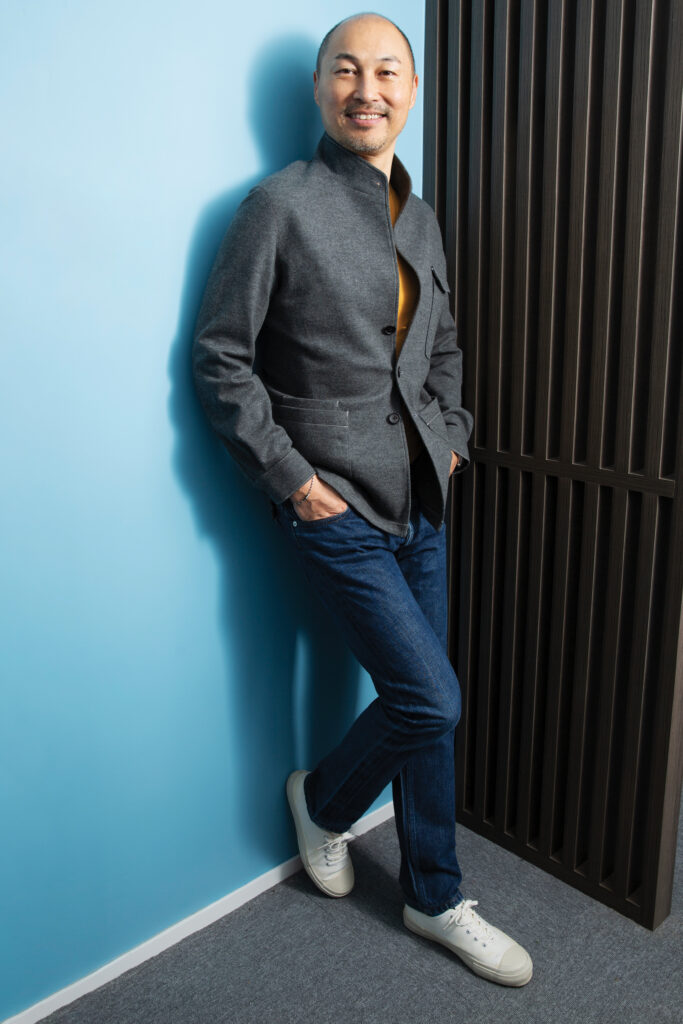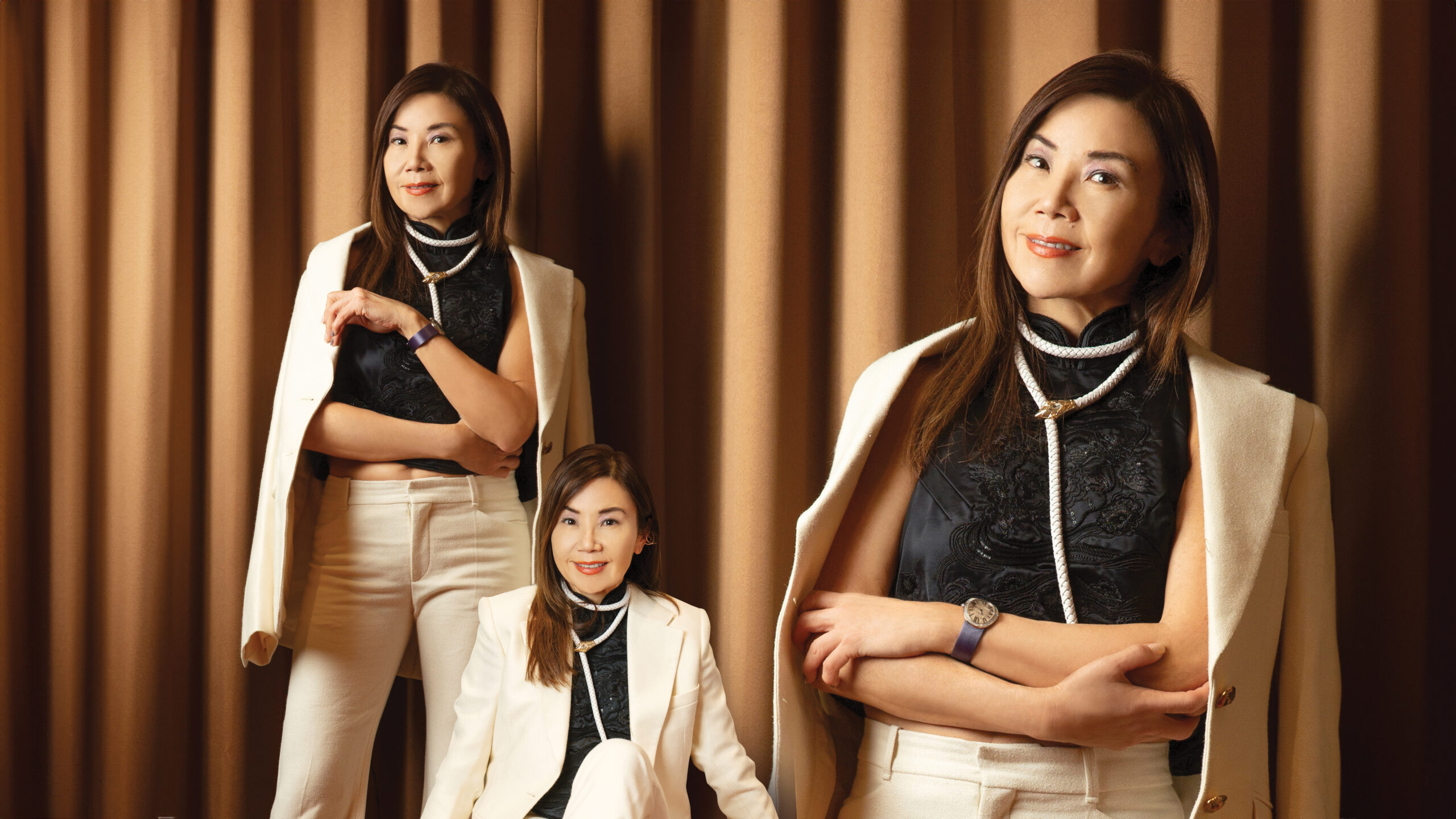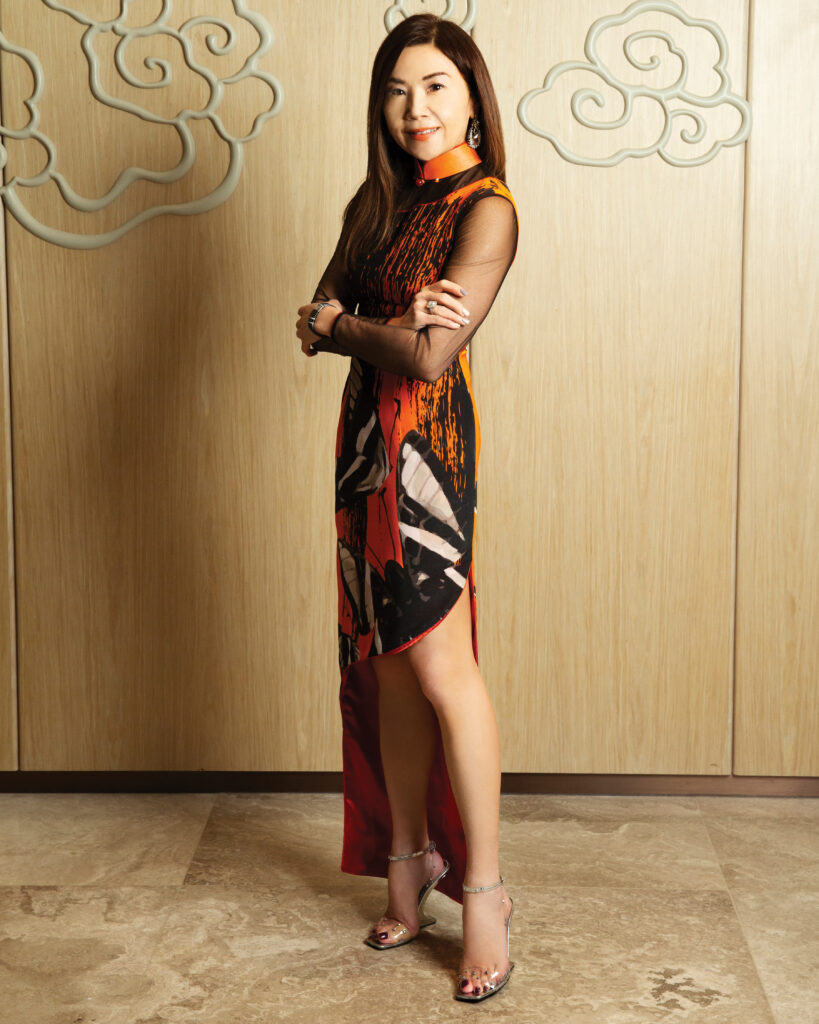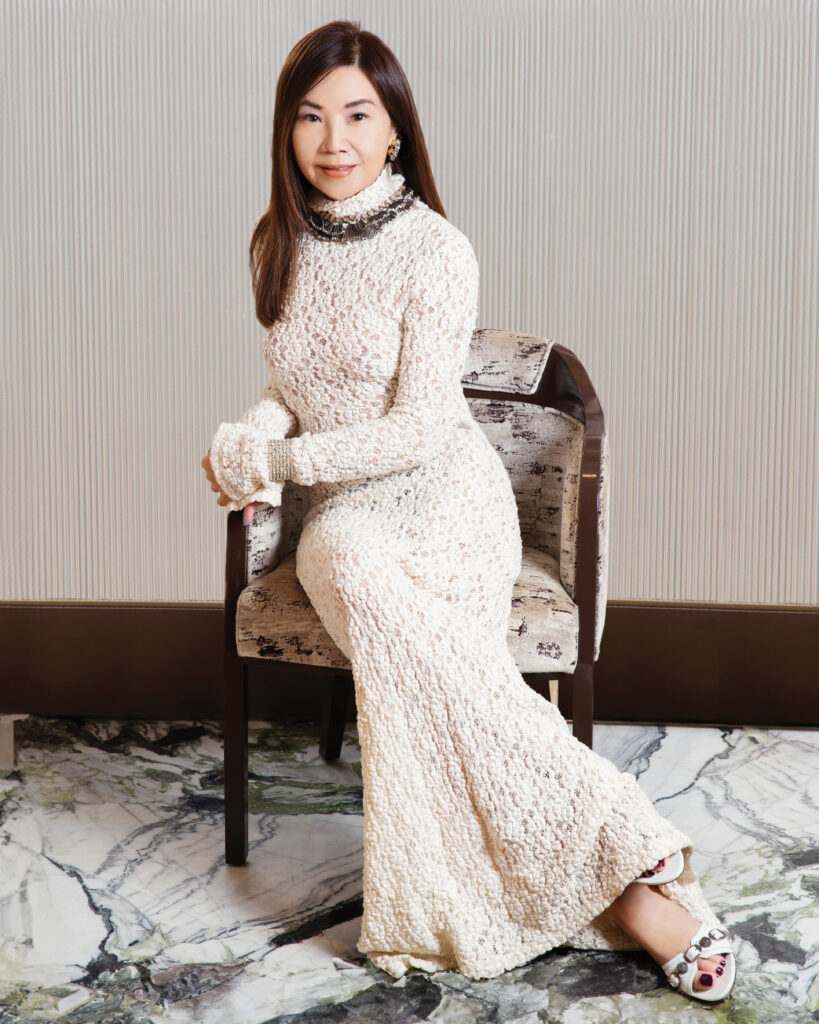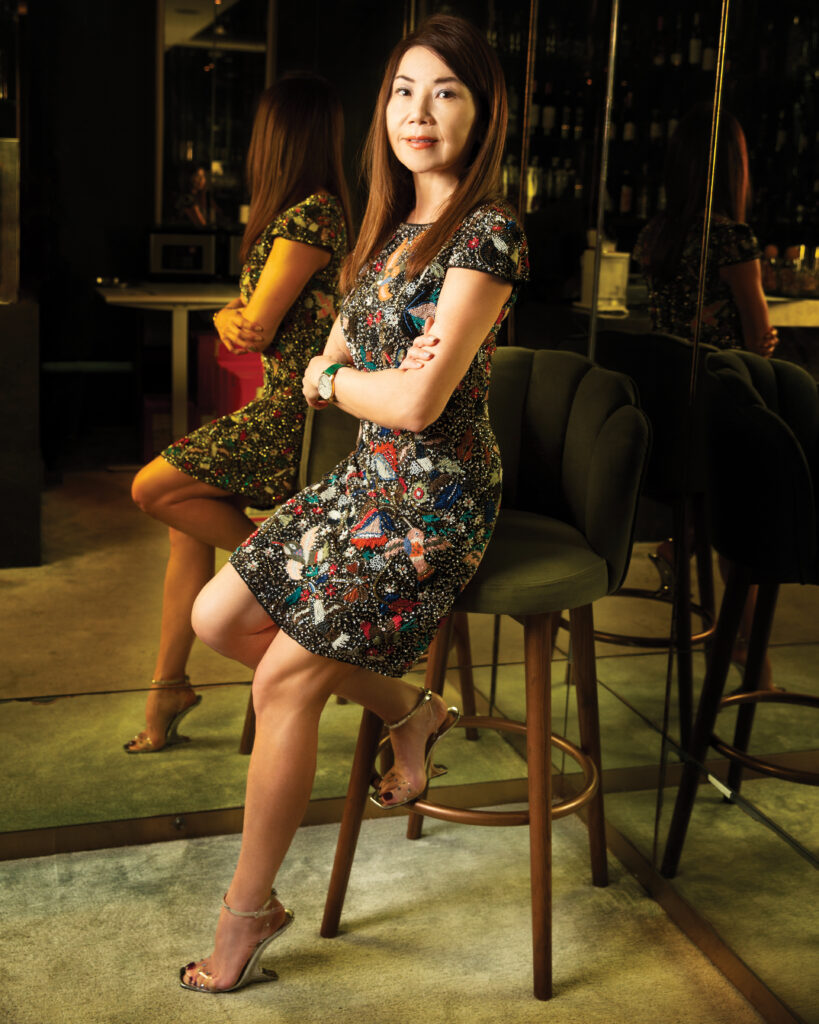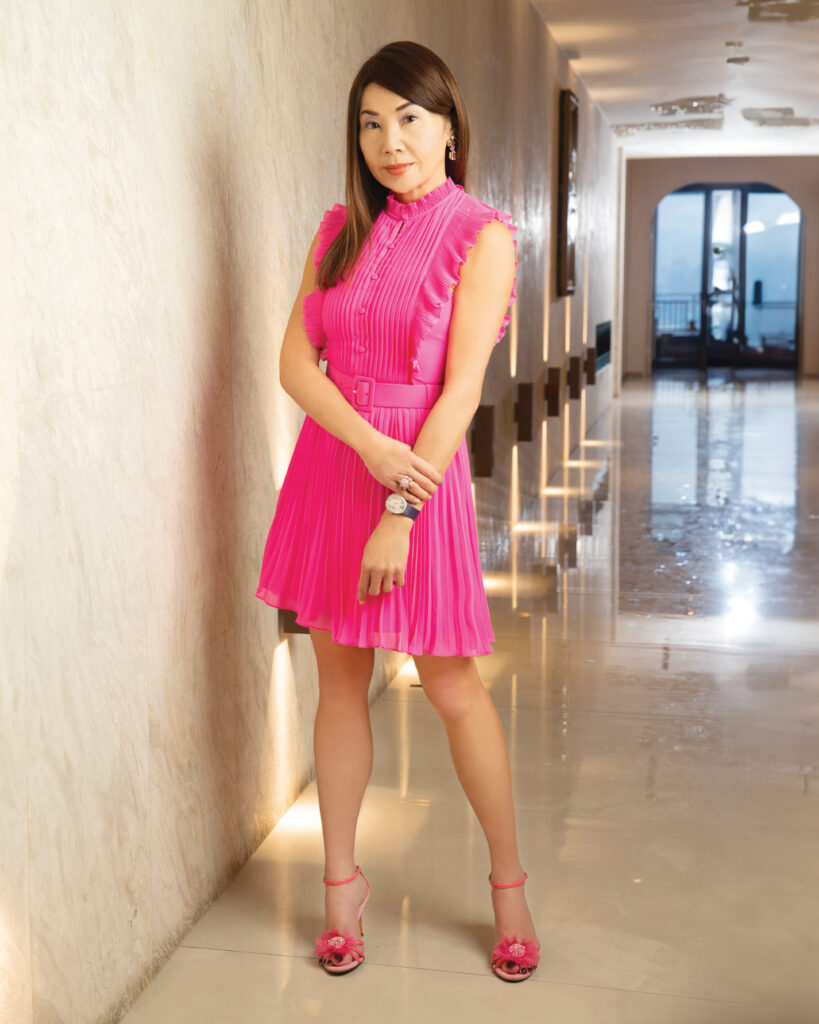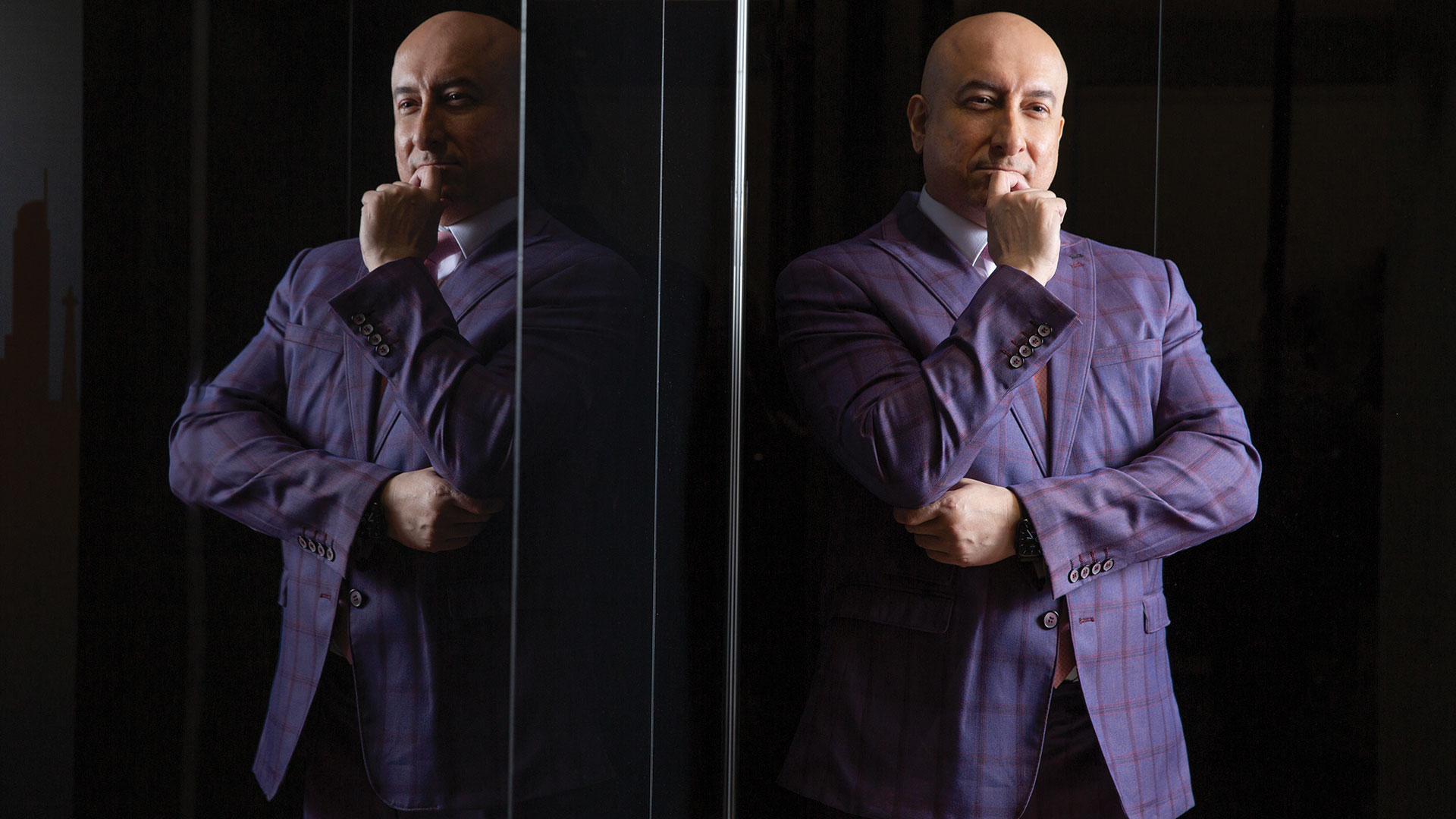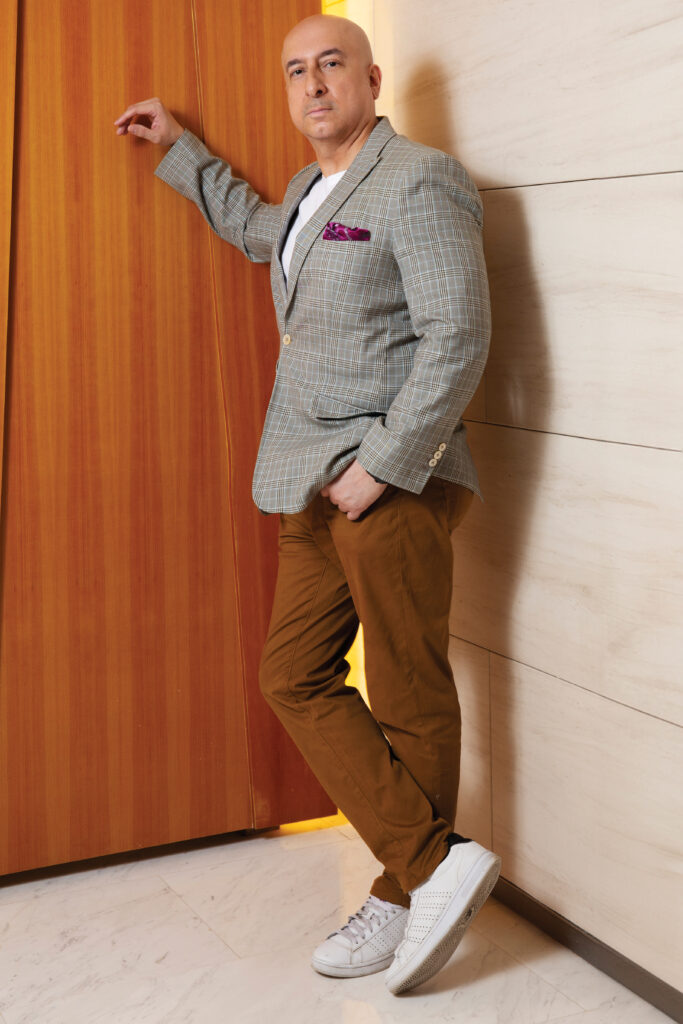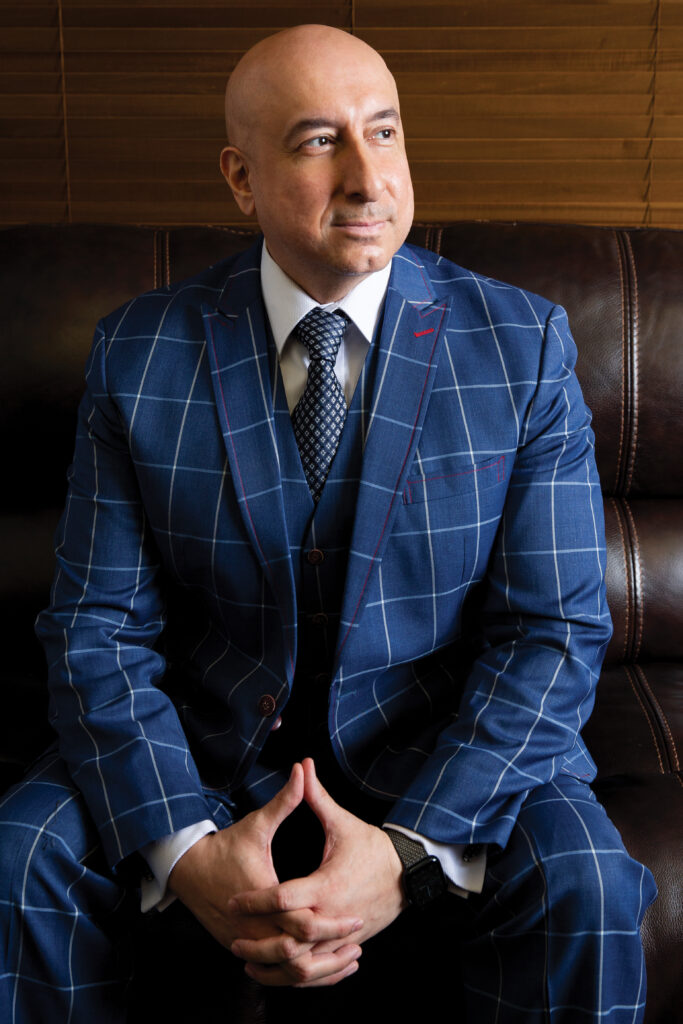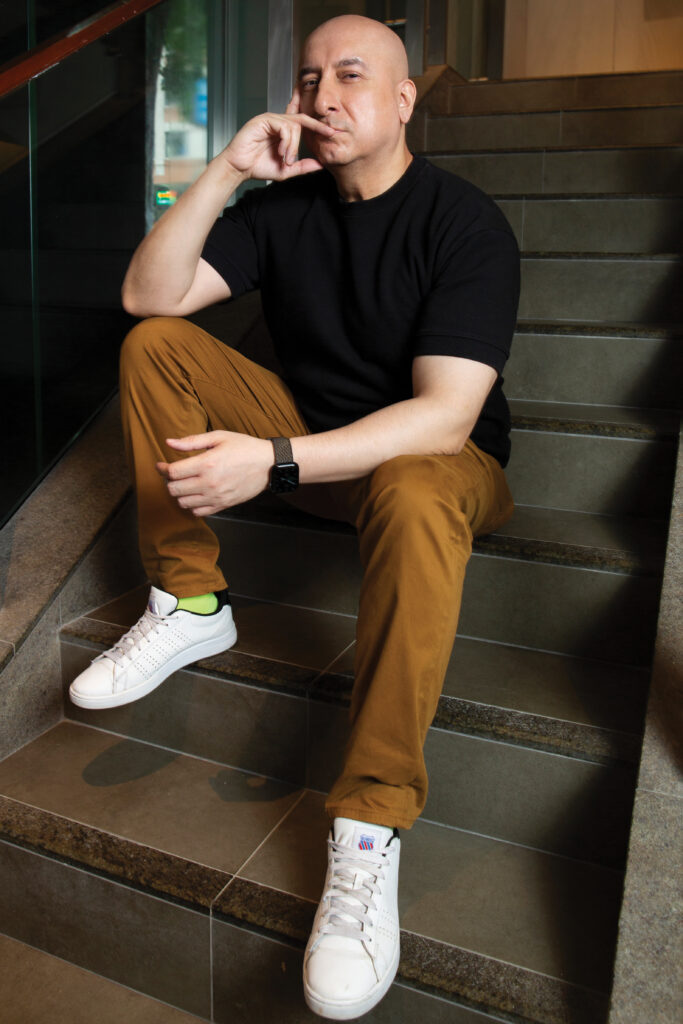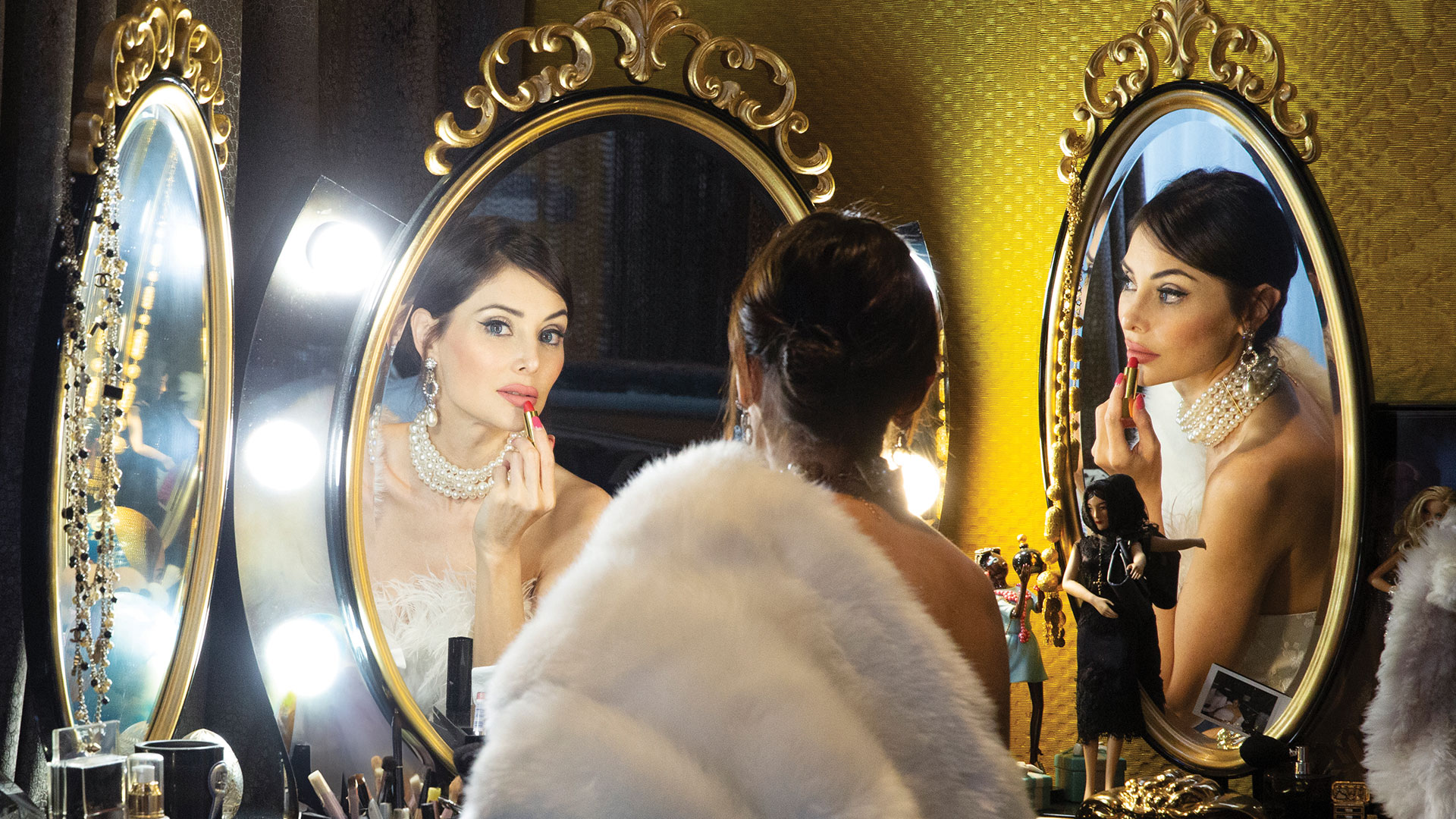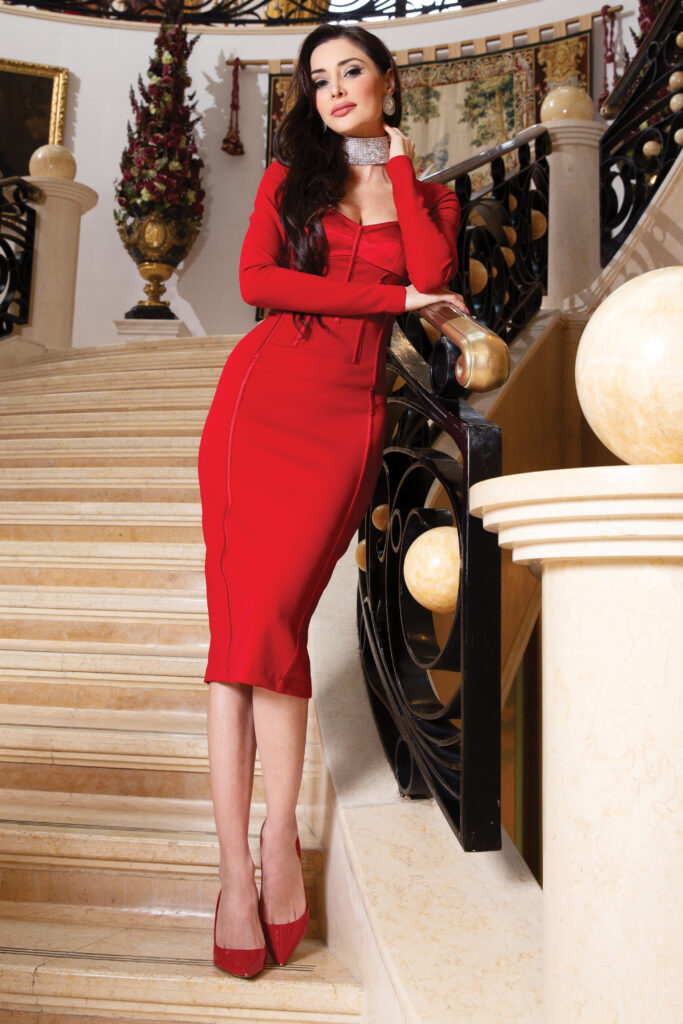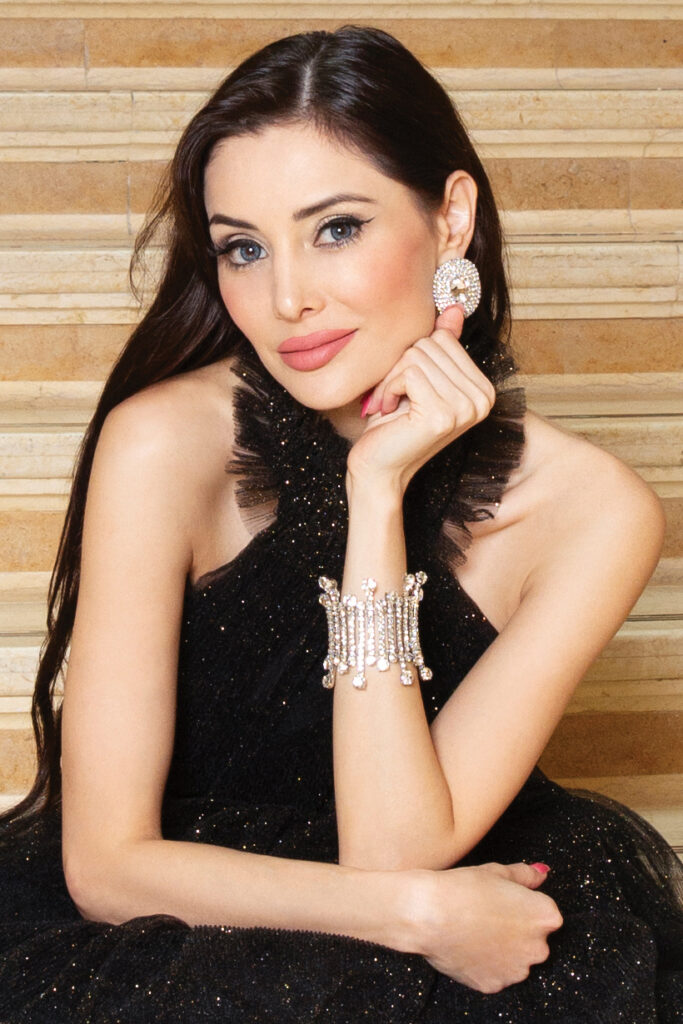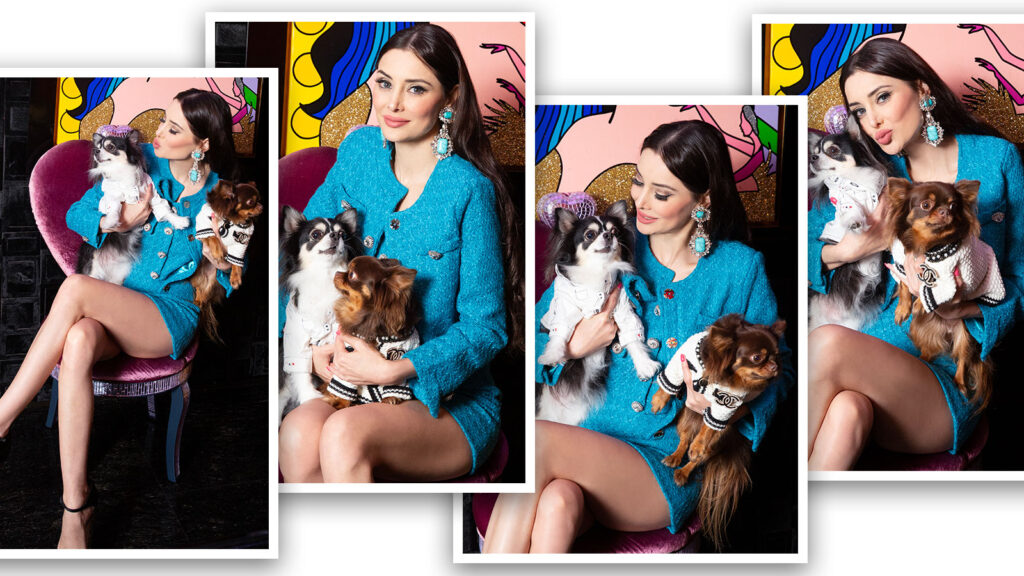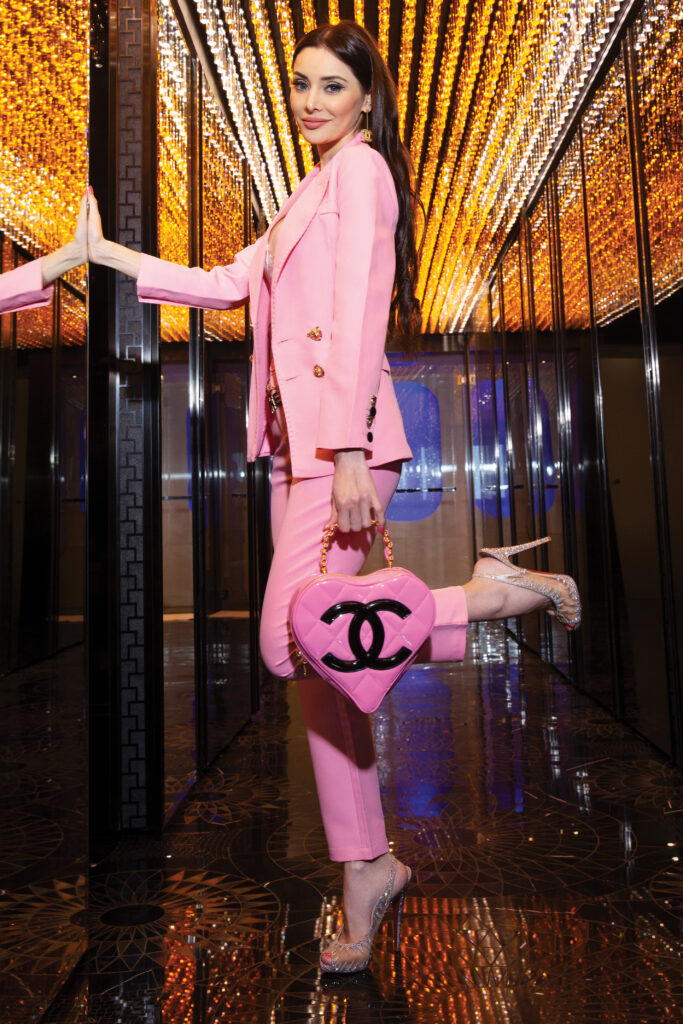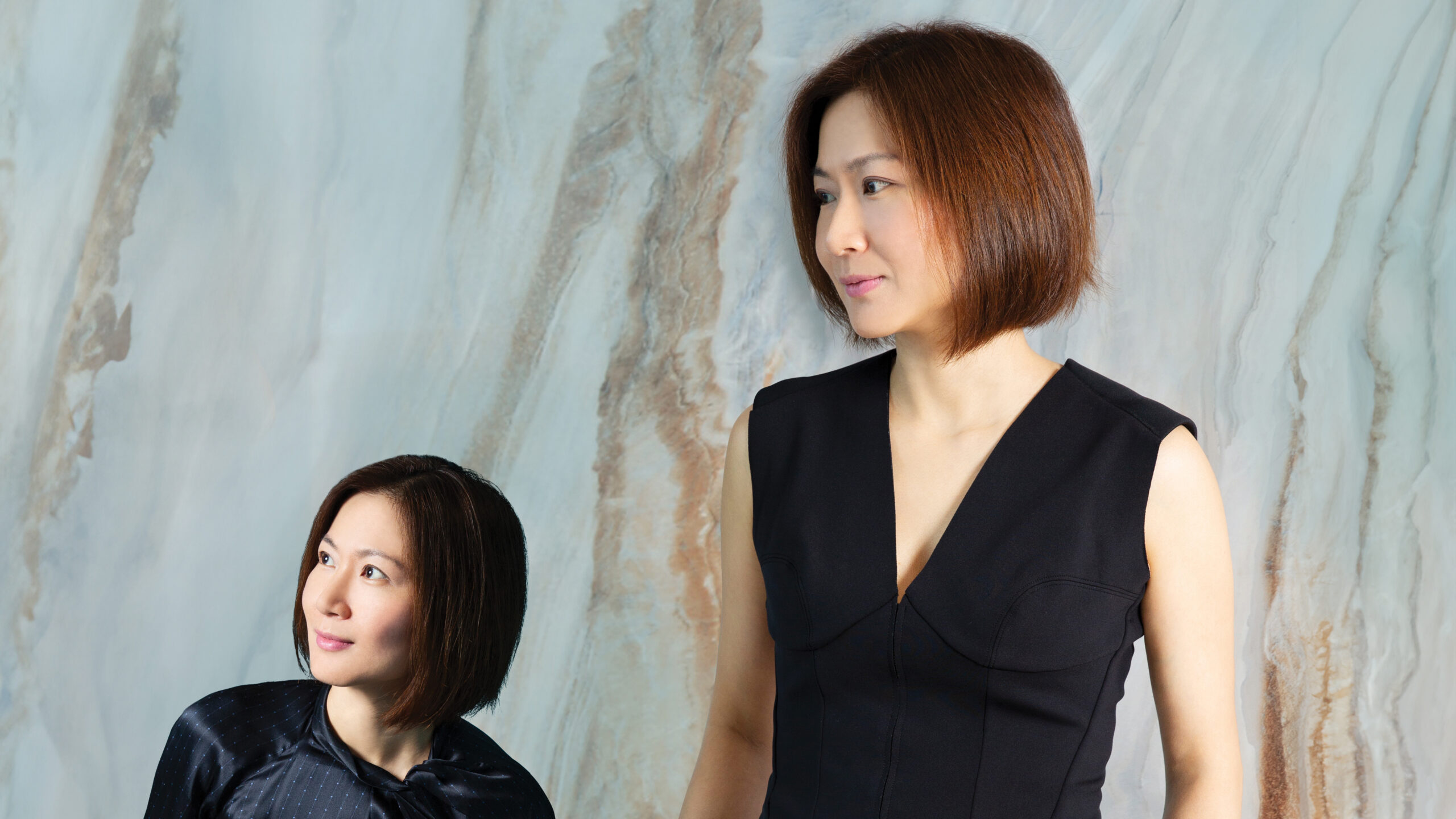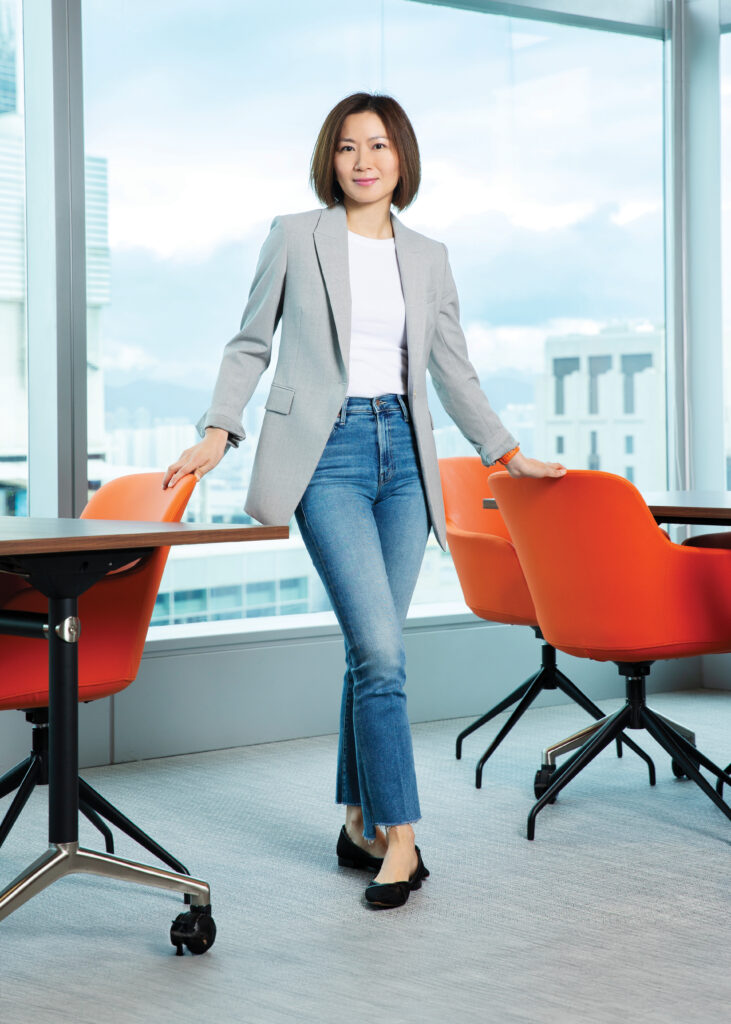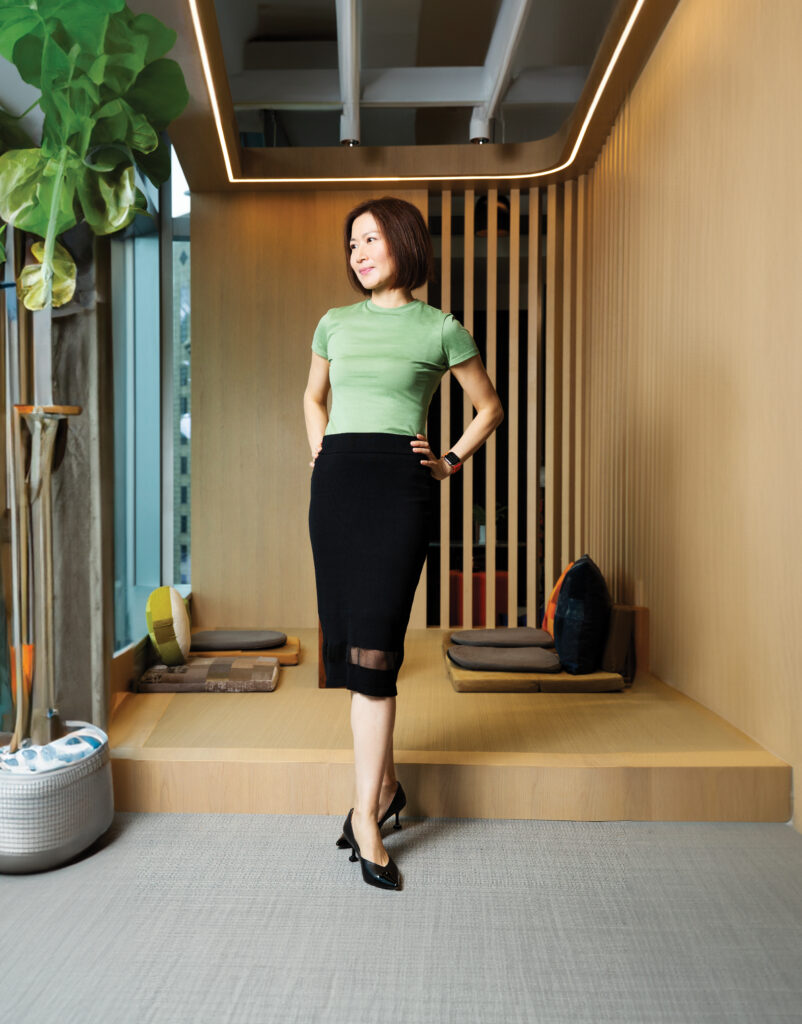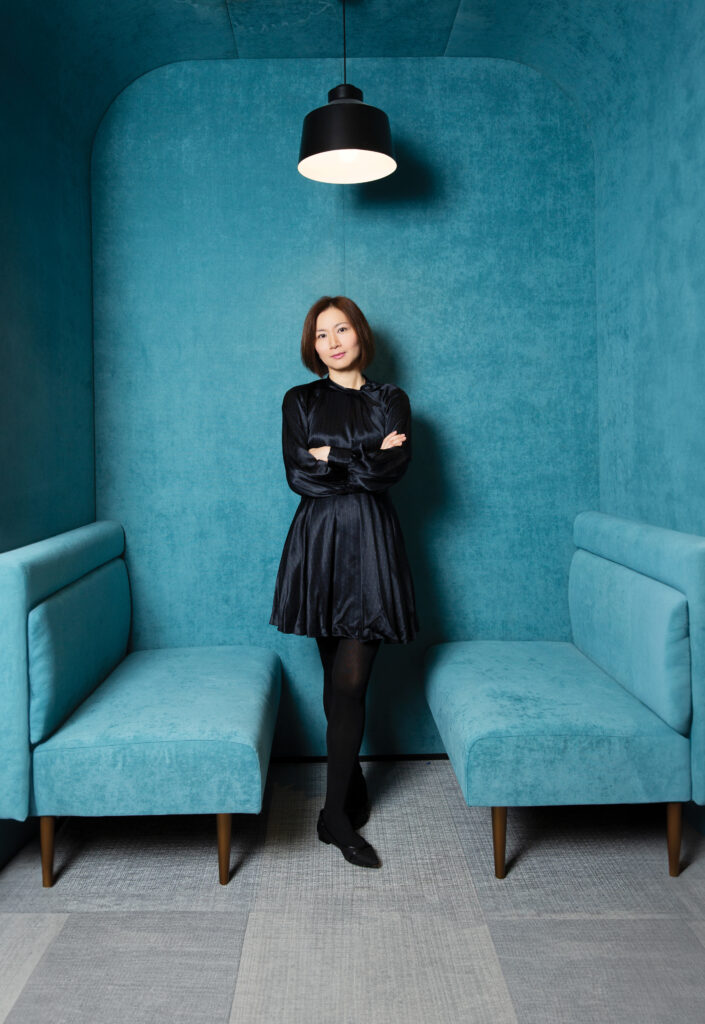Rasheed Shroff’s co-working space is located in a three-decade-old industrial building in Quarry Bay. But inside, it’s a blueprint of what a modern office should look like, with a feel of zen and a killer harbour view. As we ring the bell, Shroff joyfully hops into the office’s cavernous foyer. There’s something undeniably adolescent about his demeanour – like that of a teenager left alone in a grown-up’s house. Throwing open the door, he says hello, and leads us past a marble reception counter and a hard-to-miss framed letter B – the company logo, Banyan Workspace.
“I guess this is what a positive working environment does? Less stress means looking young?” he laughs. “At the peak of the pandemic years, there was a time when I was the only person in this space. That was hard and mentally exhausting. Thank god that’s over!”
As a visionary entrepreneur with a deep understanding of the evolving landscape of work and business, Shroff recognises the limitations of traditional office spaces. Thus, he set out to create a new paradigm that fosters collaboration, creativity and productivity. With a clear vision and an entrepreneurial spirit, he and his wife, Amy, founded Banyan Workspace in 2019 to offer a fresh, socially conscious perspective on shared workspaces.
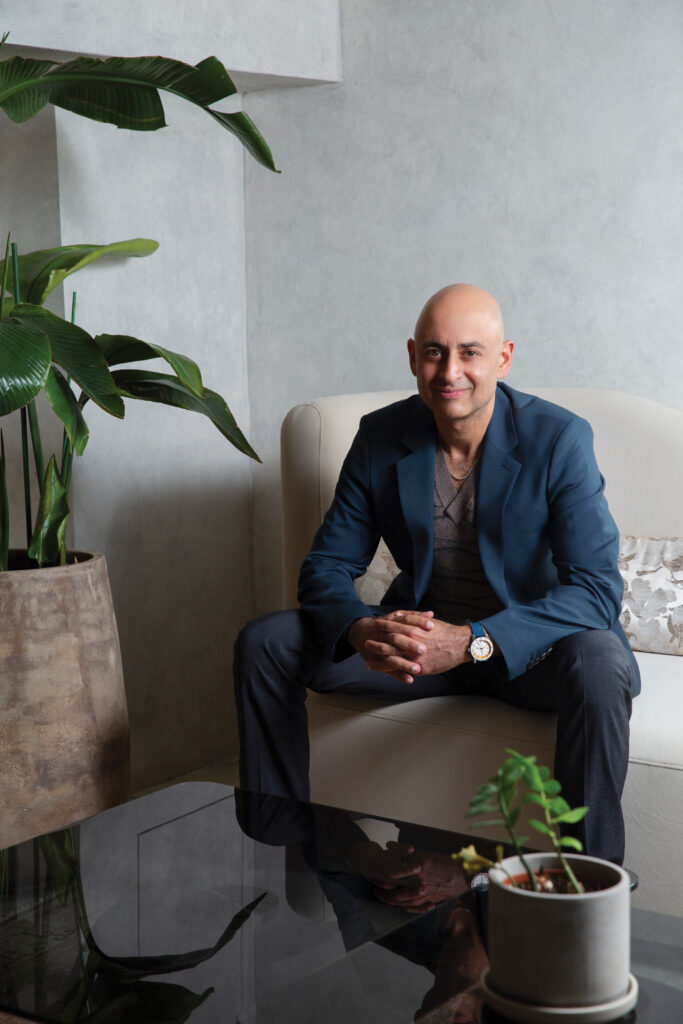
Amy Shroff stays close during our photoshoot in the space’s sumptuous library and lounge – ideal for companies to hire for their own sessions – and ably fulfils her role as Head of Creative by suggesting how her husband should pose and smile. “The whole idea of Banyan Workspace is to come to work with a smile,” he says with gusto. “It’s always a first-name basis here with an enthusiastic good morning and/or hello. We strive to provide a comfortable working environment that feels like it’s a home.”
Apple and the tree
Rasheed Shroff’s family has long been recognised in the city. His grandfather fled from Shanghai with his family during the Second World War, beginning a profound bond with Hong Kong spanning four generations. His path of success left an indelible mark on the commercial landscape and ultimately shaped the destiny of the family. For Rasheed personally, this meant a law degree at the University of Sussex in the UK, two decades in the brand and marketing corporate world, then co-founding his own brand- distribution company, Dragonfly Asia-Pacific, the year before Banyan Workspace was born.
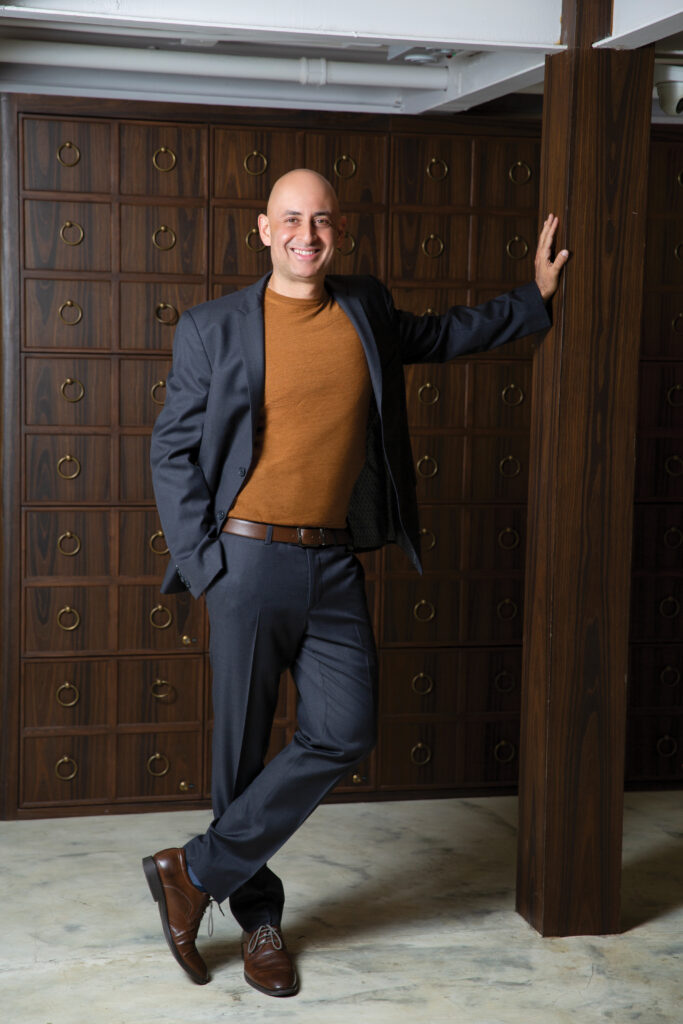
“We call it Banyan Workspace for a couple of reasons,” he says. “Banyan trees were historical places where merchants traded goods while traversing the old Silk Road. Both my grandfather and father ran a trading company which started with sourcing silks in China and shipping them to India, so we thought that was very analogous to us.”
Sustainable force
As a true-blooded Hong Konger with deep roots in and love of his birthplace, Shroff not only showcases the city’s spirit through the design of the co-working space but also embraces a noble cause – giving back to the community. They have officially partnered with five local non-profit organisations to date.
Companies have been drawn to the allure of the space for their offsite meetings and events, captivated by a sustainable luxury office that seems to defy convention. This served as the catalyst for the Green Office Project in 2022, a Banyan Workspace undertaking that encourages companies to embrace sustainability.
“Its purpose evolved beyond a mere educational initiative,” he explains. “This project is for companies to understand the consequences of the decisions they make every day, and to show decision-makers that viewing each decision through a sustainability lens is good for their company, their customers, their business and our planet. We would love to take our impact beyond the four walls of our workspace and inspire and support the next generation of entrepreneurs.”
Words to work by
Shroff also possesses a rare sense of discipline and drive for perfection, qualities that were born perhaps of his awareness that he has a name to live up to. In the corner of the office pantry, three placards hang on a rattan board: ‘Inspire Impact, Engage Minds, Transform Action.’
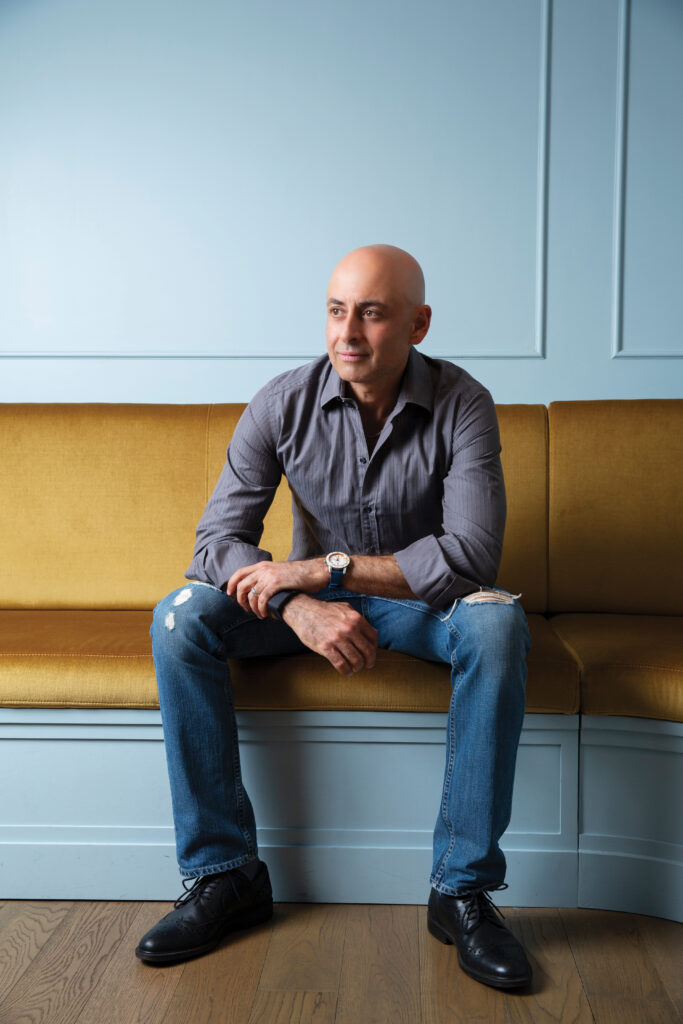
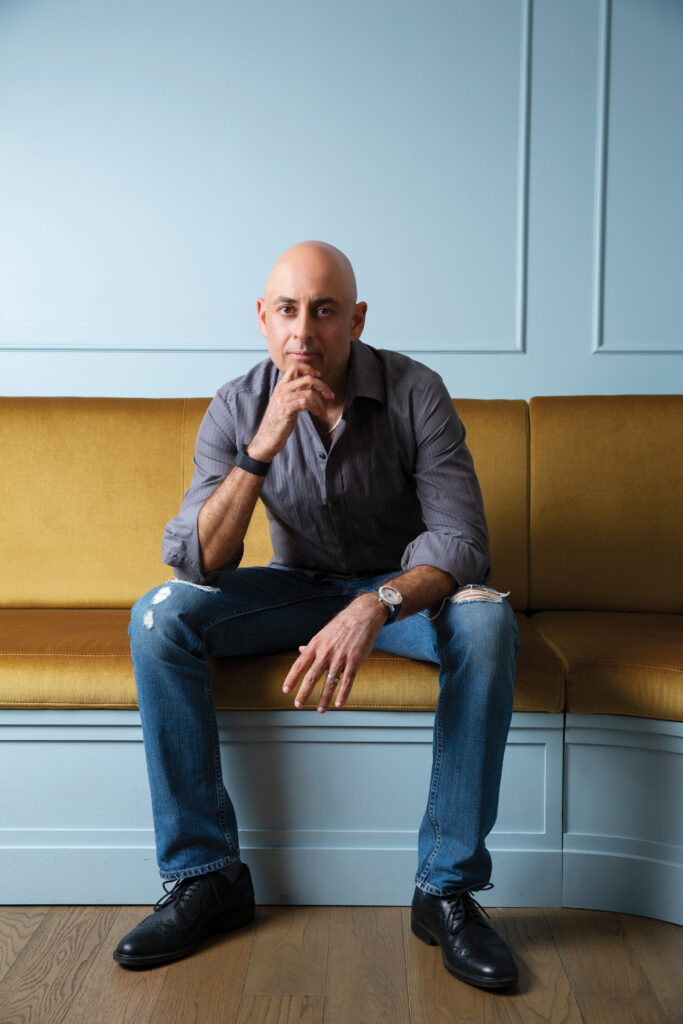
He adds: “It’s absolutely critical to be in an environment that you are comfortable in and that is conducive to being as productive as you can be. This is not about the set-up, though obviously it’s important that the technology works, whether that be the wifi, the printer or the lights.”
50 and beyond
He is entering his sixth decade and a new phase of life, but behind a youthful visage that only shows wear when a smile draws minuscule wrinkles around his brow, his humility and his honesty are what shine the most.
“Almost every interaction is an opportunity to learn and develop. The key is staying humble, being open to learning, growing, developing and being self-aware,” he says. “Setting up two distinct businesses across three countries is probably my most significant achievement career-wise. But honestly, I don’t feel we have accomplished what we set out to do yet. I am cautiously optimistic about what 2024 will bring.”
Settled into an equilibrium, Shroff appears to have a genuine enjoyment of his place in the ecosystem. His most overwhelming and rewarding job seems to be as a family man – a husband and a father of two. “Parenthood is a gift, but it is also something that nothing can prepare you for,” he shares. “It makes you want to be better and show your kids the very best that you can be, while striving to give them every opportunity to become the best version of themselves.”
Valuable support
He adds with a knowing wink: “But the young need to make their own mistakes and learn from them – finding that balance is not always very easy. My parents always encouraged us to work hard and play hard. I worked hard yes, but I played harder! “My family as well as my team are an incredible support system and they allow me to do everything that I love to do. Nothing that I do today would be possible without them,” he confesses.
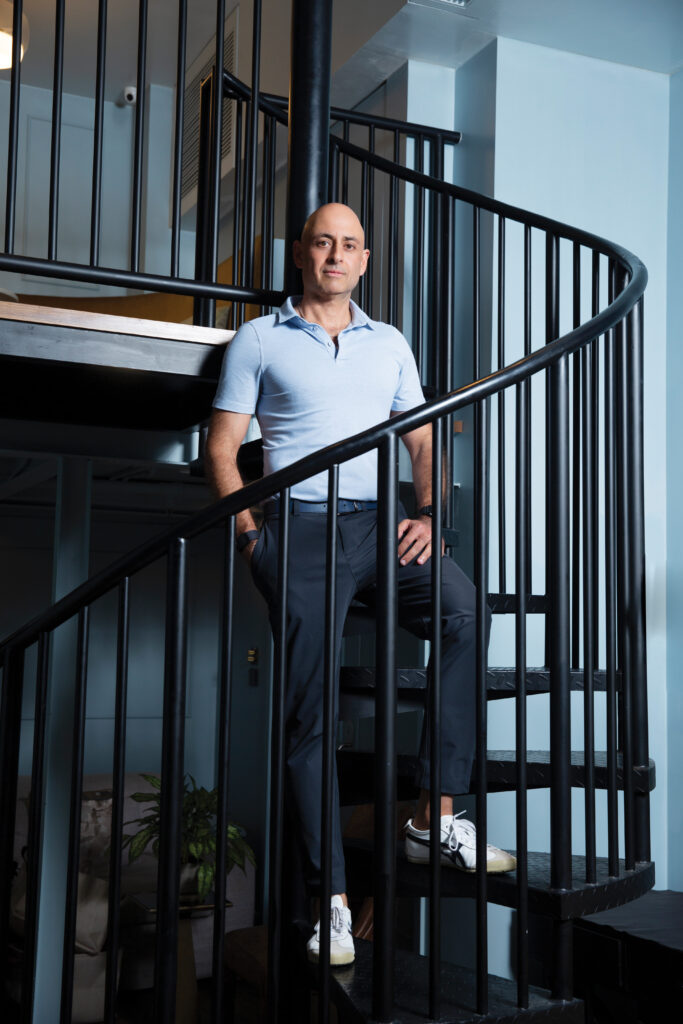
It was the desire to give every child the support system they deserve that saw Shroff accept an invitation to sit on the global board of OneSky, an NGO providing early childhood care and safety environments for vulnerable children.
Space, the future frontier
There is an earnest, sometimes quivering sense of excitement in his voice when he discusses what lies ahead. His mindset retains an ethos that anything is possible. Sustainability has been a core value of the co-working movement since its inception, and while this commitment is not always easy, it is a crucial step towards creating a more equitable and sustainable future for all.
“I firmly believe that resiliency is one of the most important qualities an entrepreneur needs to have,” he stresses. “The last few years have certainly taught me that being resilient, staying in the game and putting one foot in front of the other is the only way to progress.”
Ultimately, the right blend of autonomy, resources and community lies at the heart of an empowered and happy team — one that wants to come to work, wherever that happens to be.
Interview, Text & Art Direction: Joseff Musa Photographer: Jack Law Videographer: Jack Fontanilla Venue: Banyan Workspace Brands: Emporio Armani, ZEGNA and SANDRO Cover: Chore jacket by ZEGNA, Neil cotton-twill suit pants by IRO and shoes by ZEGNA



